Mint Leaves provided by Yemen Products Center :
Mint is a leafy plant that's perhaps best known for its association with fresh breath due to the cool sensation it creates in the mouth. Toothpaste, mouthwash, breath mints, and chewing gum are all commonly flavored with mint.
In addition to freshening breath, mint is also used to add flavor to foods and drinks. Mint is known for adding a fresh flavor to mint chocolate chip ice cream, mojito cocktails, and lamb dishes.
There are many varieties of the mint plant, and most fall under the genus Mentha. Because mint plants spread quickly, gardeners tend to grow them in containers. When planted directly into the ground, they can become invasive and take over a garden.
Mint grows natively on all continents except Antarctica. Peppermint and spearmint are likely the most commonly used mint varieties, but many others exist, such as wild mint and water mint.
Some plants referred to as "mint" also fall under the genus Monarda. Both Mentha and Monarda genuses are within the same family, called Lamiaceae. Monarda mints include horsemint, catmint, and stonemint.
All varieties of mint leaves may be used fresh, in dried herb form, brewed as a tea, or concentrated in an essential oil.
Health Benefits
Mint has been used in traditional medicine to treat a variety of ailments for many years. Unfortunately, there aren't many human studies documenting the impact mint has on the body apart from digestion support and irritable bowel syndrome relief. With time, research could confirm that mint is useful in treating a wider variety of illnesses.Brain Health
Consuming mint might promote brain health. One study found mint extracts have potential to treat Alzheimer's symptoms, although more research is needed. Another study found that smelling peppermint could enhance memory and increase alertness, although it's unknown if ingesting it has similar effects.Digestive Health
When it comes to medicinal uses, mint is perhaps most popularly known as a remedy for digestive problems. Taking peppermint oil reduces abdominal pain and helps treat irritable bowel syndrome without producing side effects.Animal and in vitro studies suggest that mint leaves could have wider medicinal applications than those currently known. These types of studies have found that mint is able to kill bacteria, reduce stress, and fight cancerous tumor cells. Human trials will be required to determine if mint also has these effects on the human body.

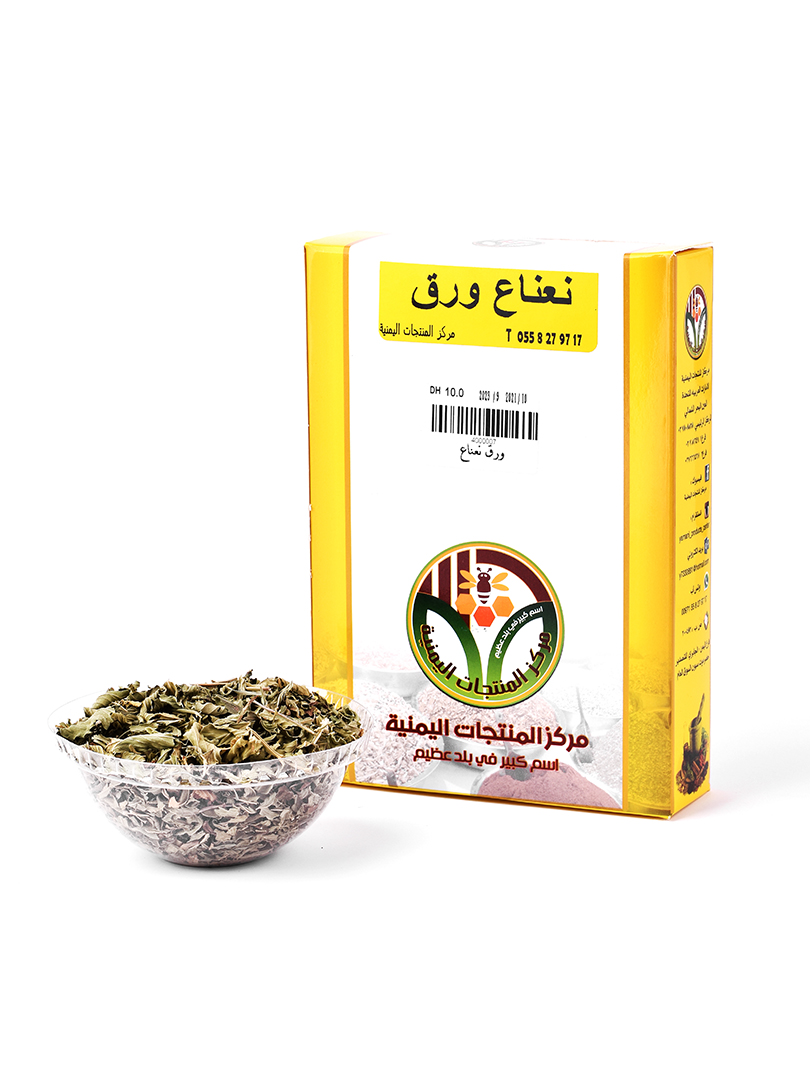



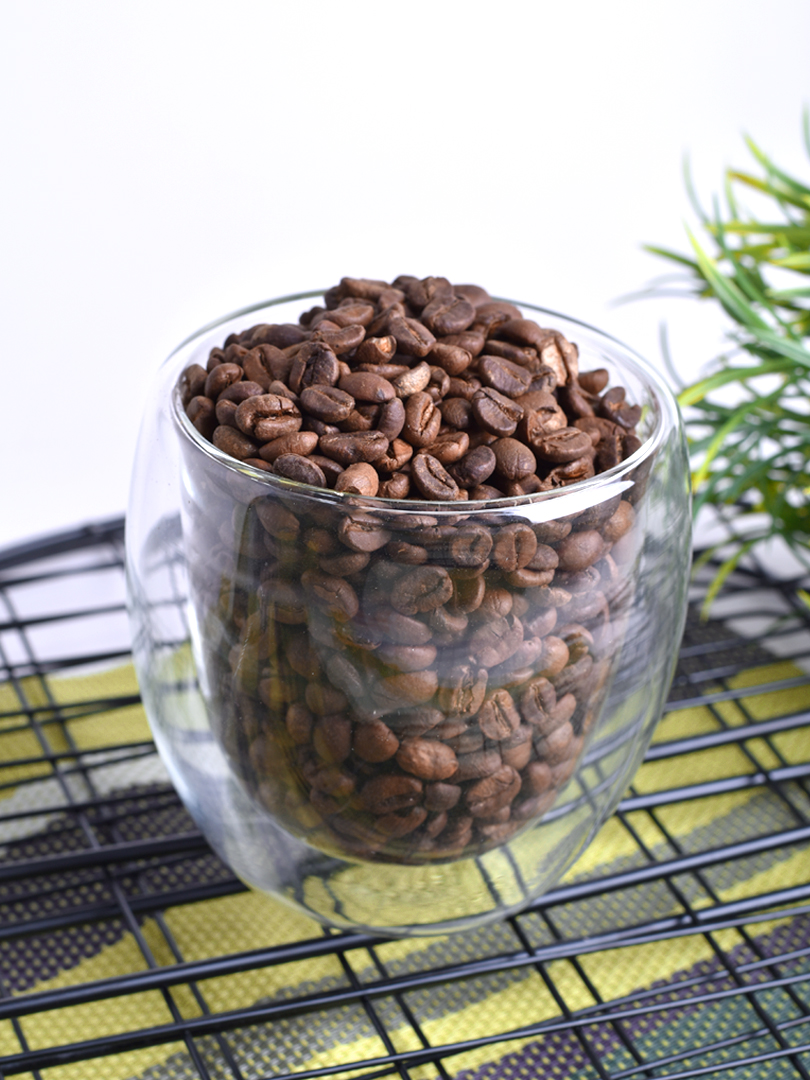
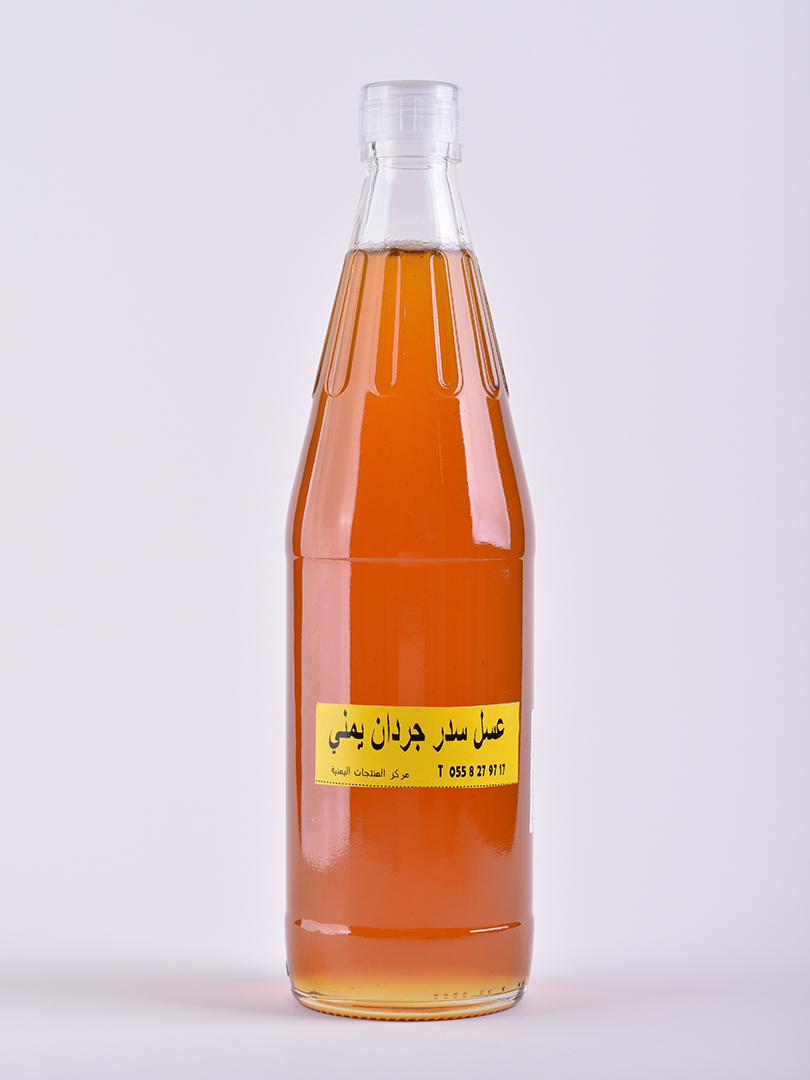
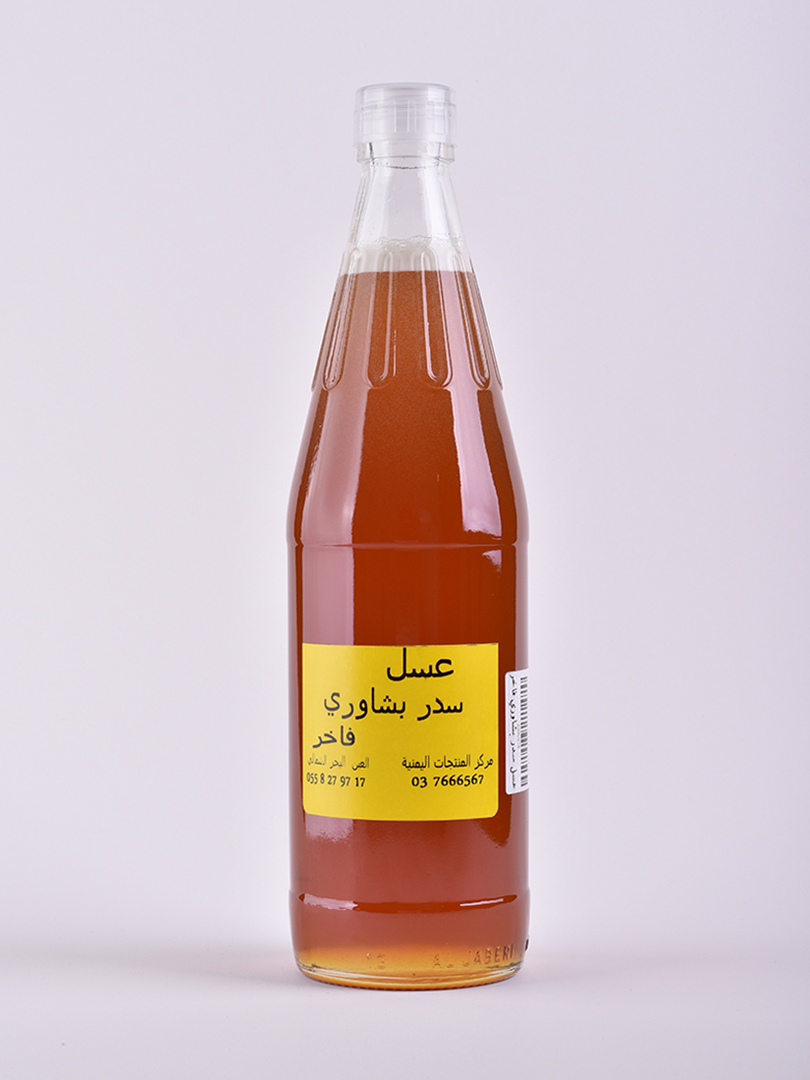
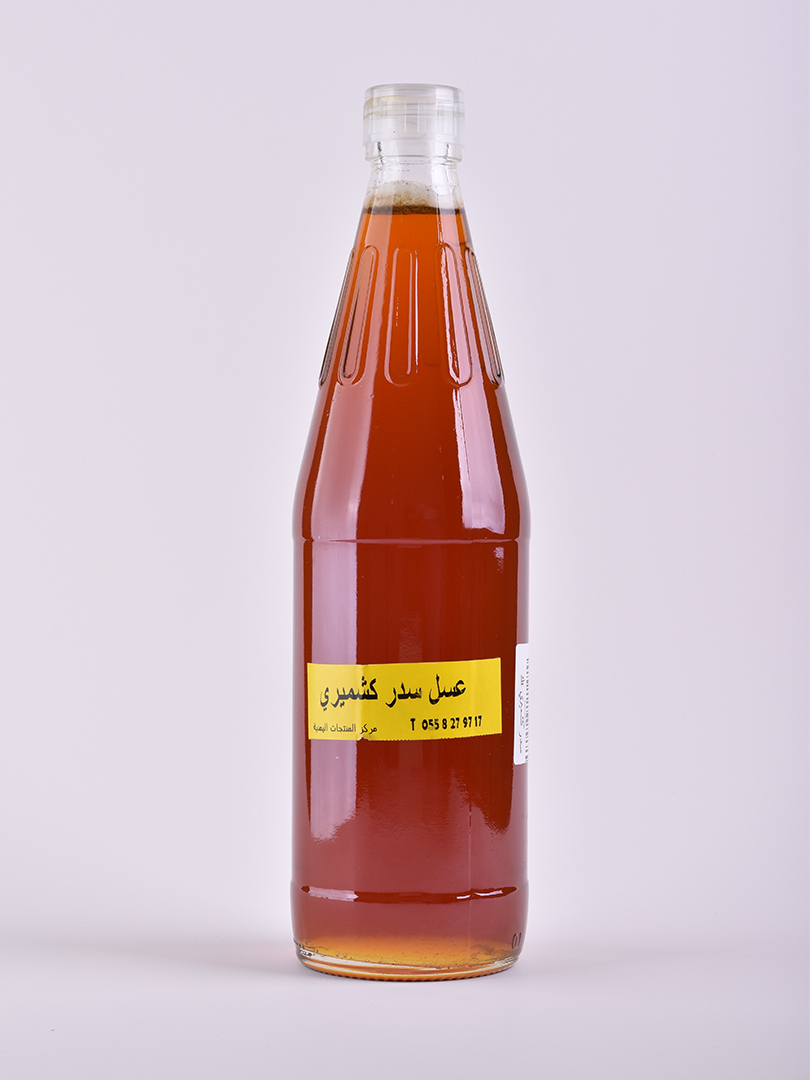
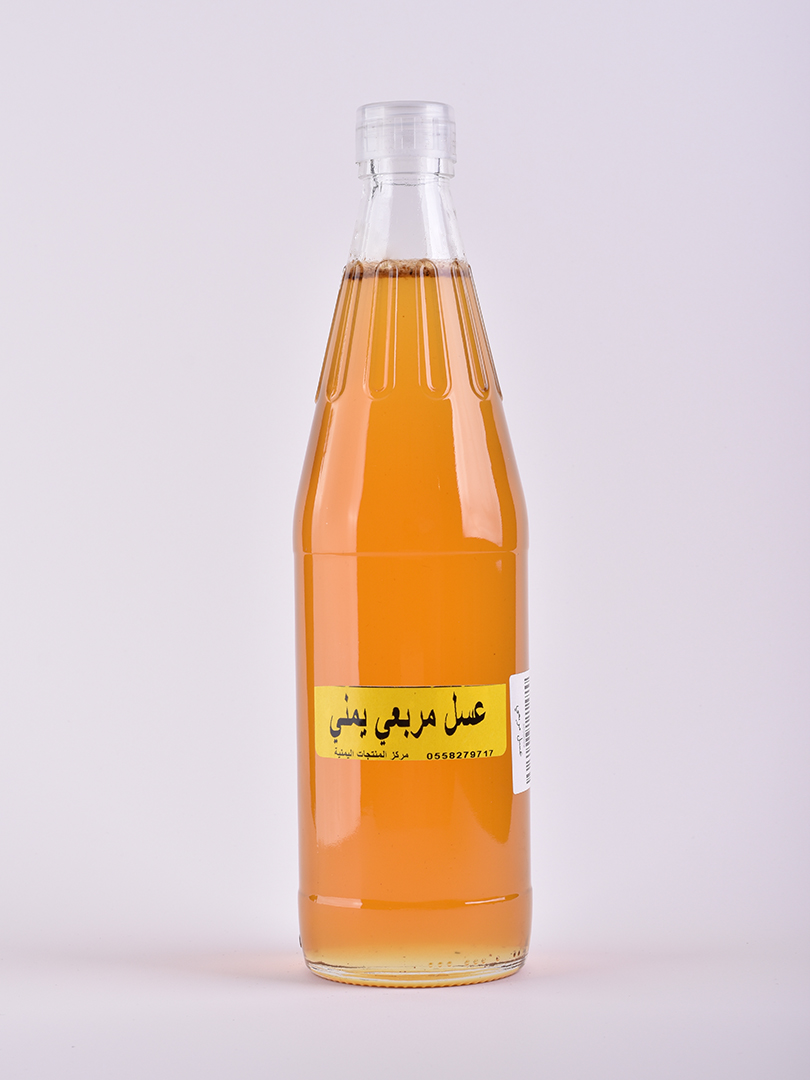
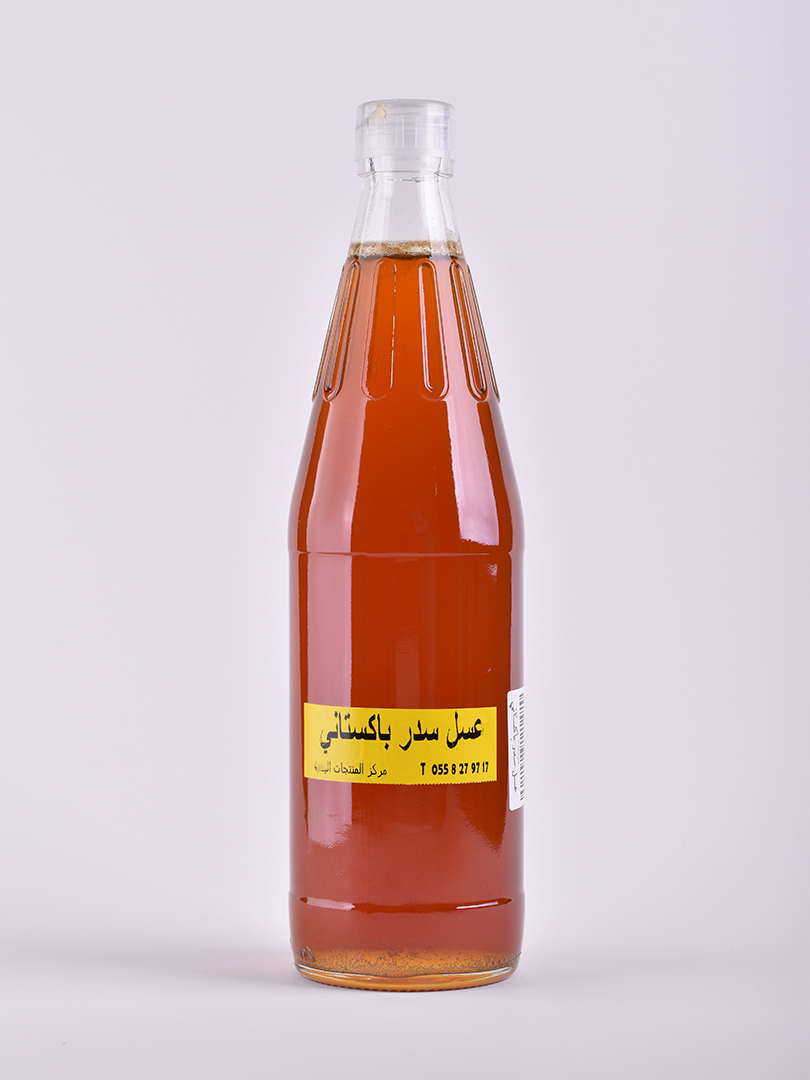
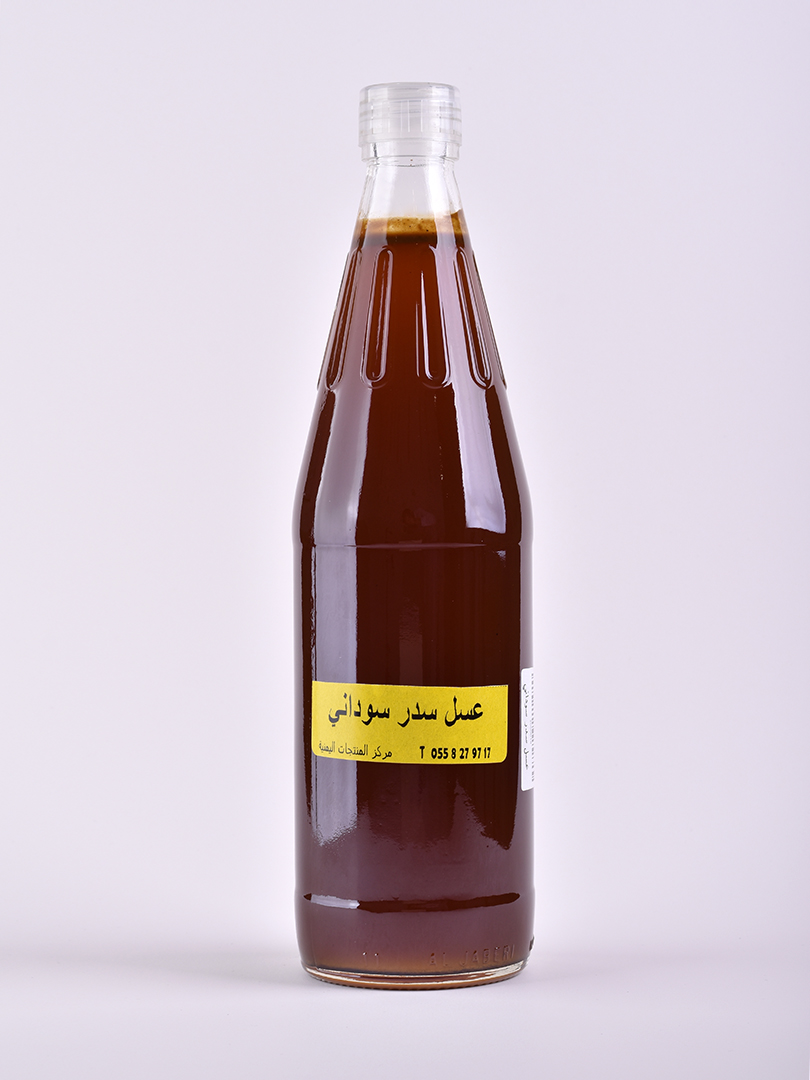
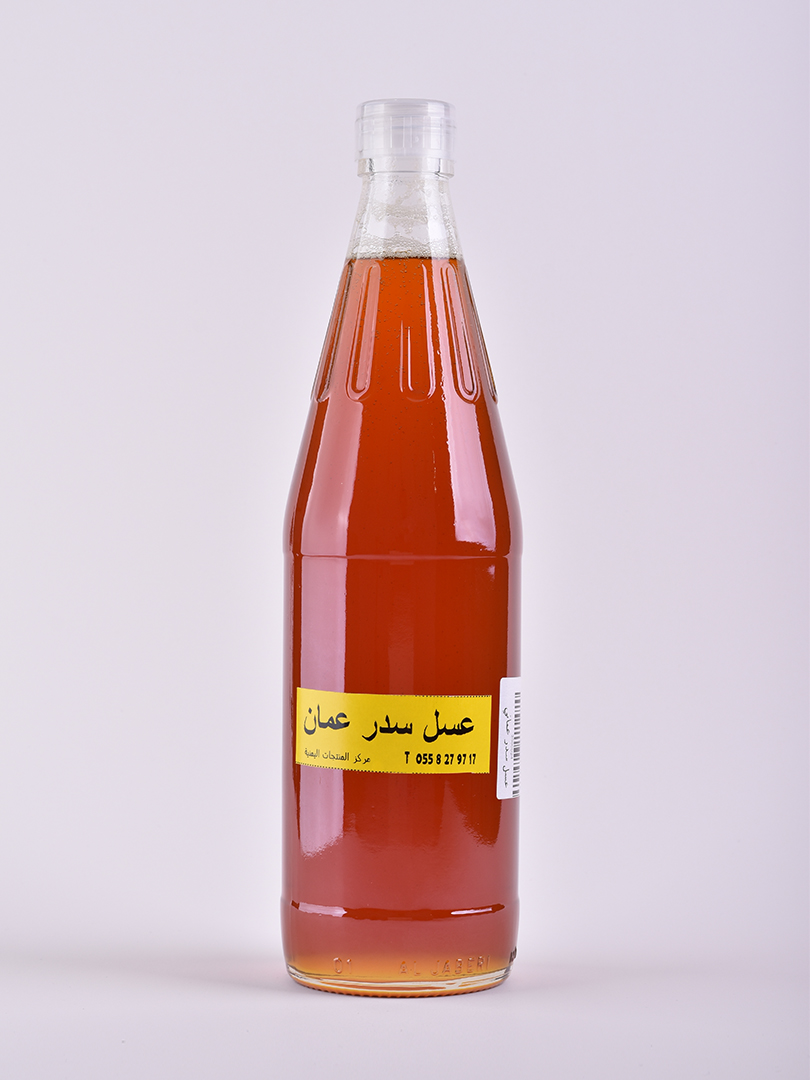
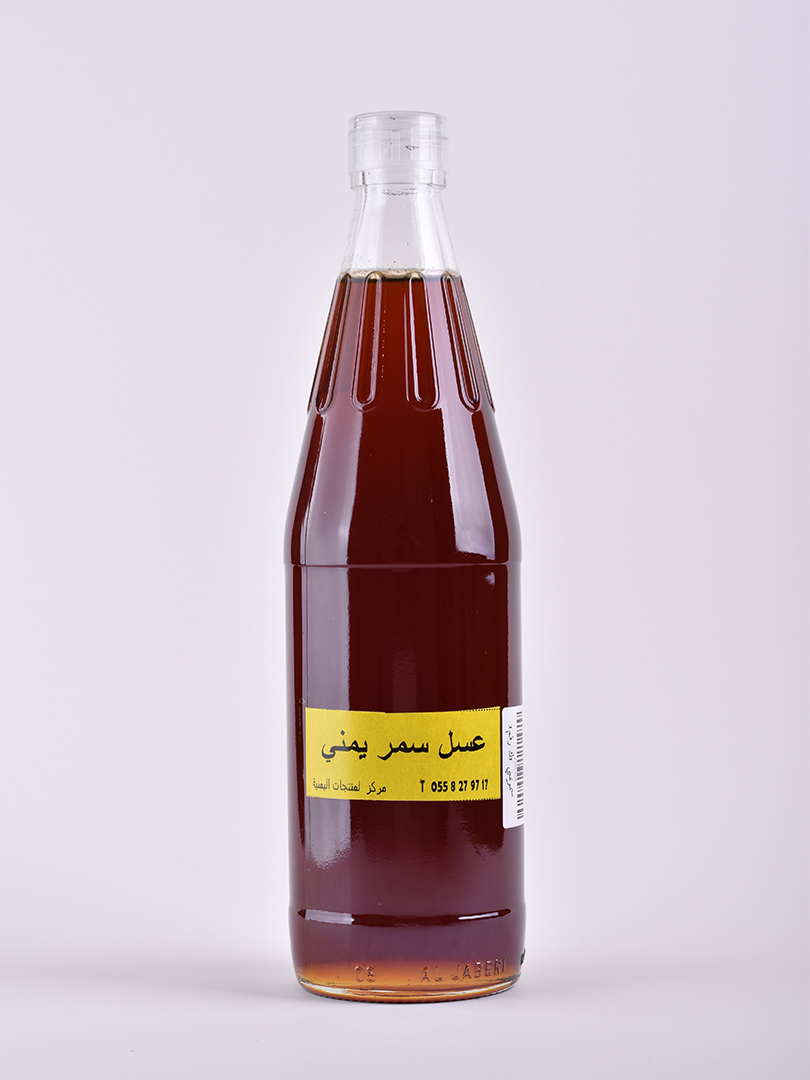
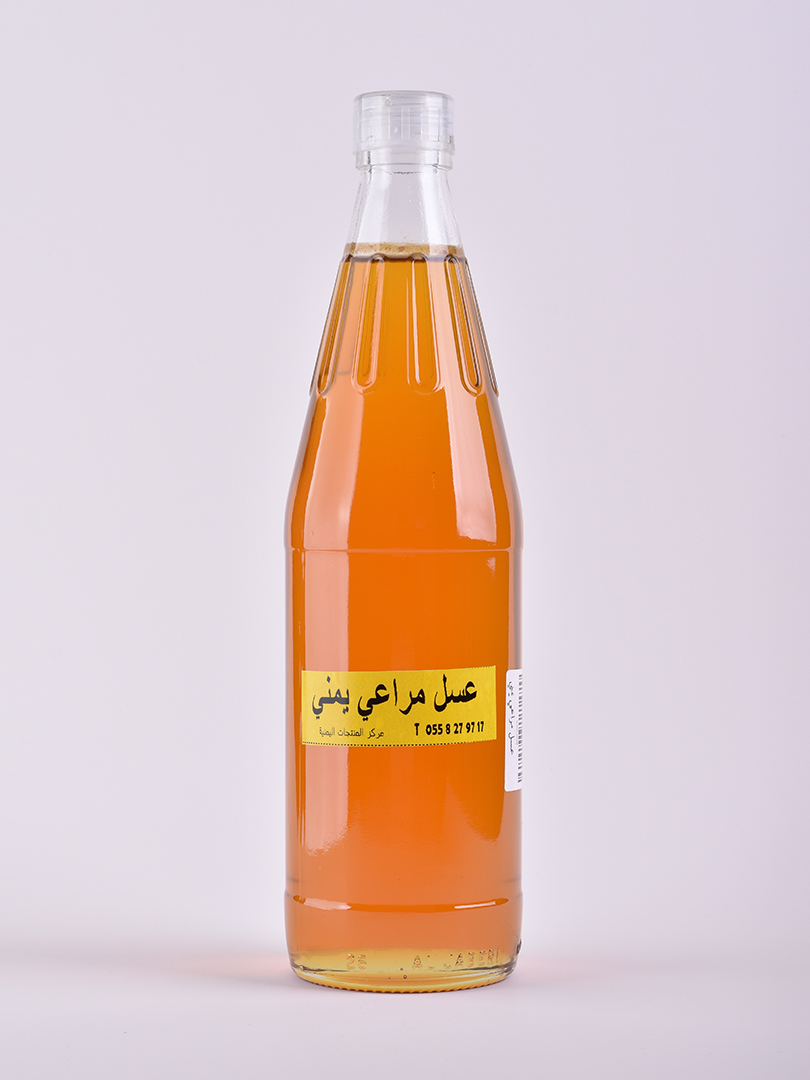
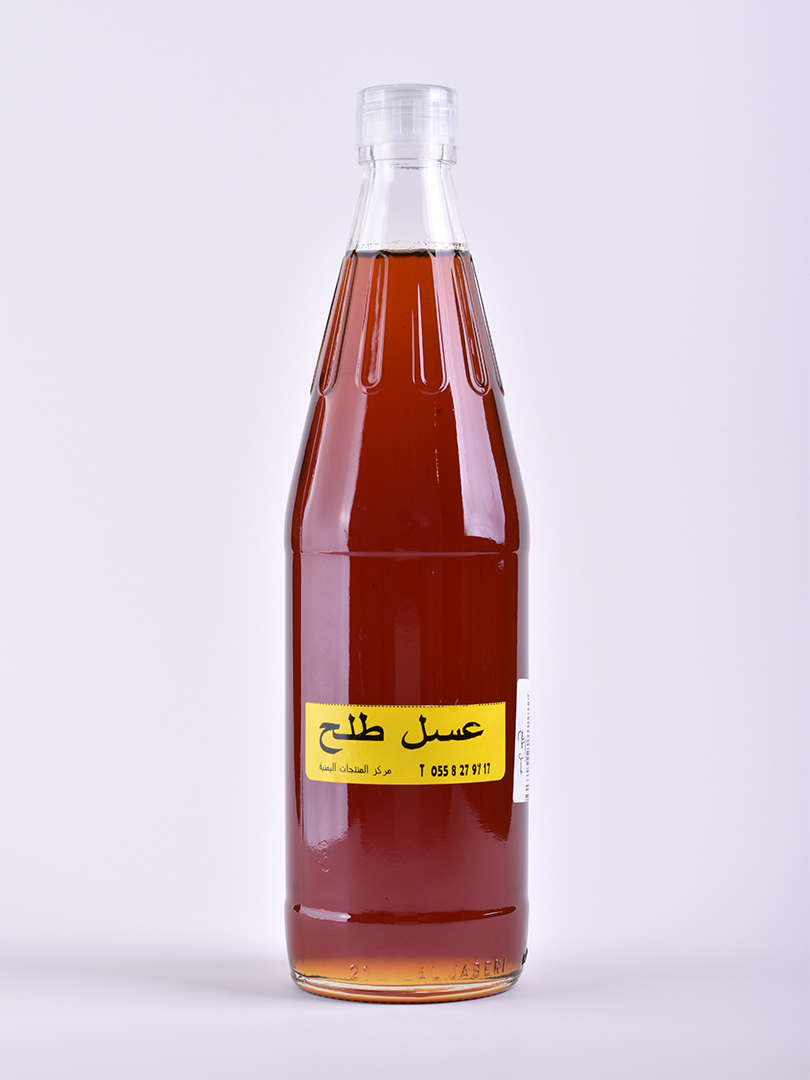
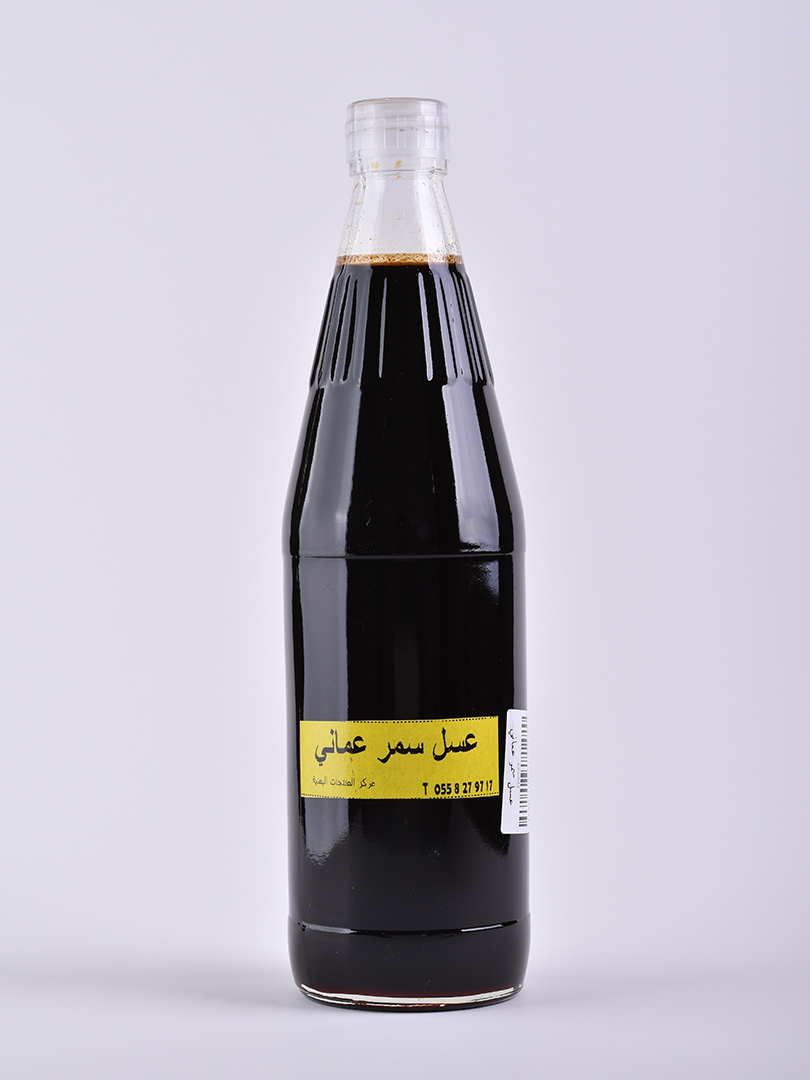
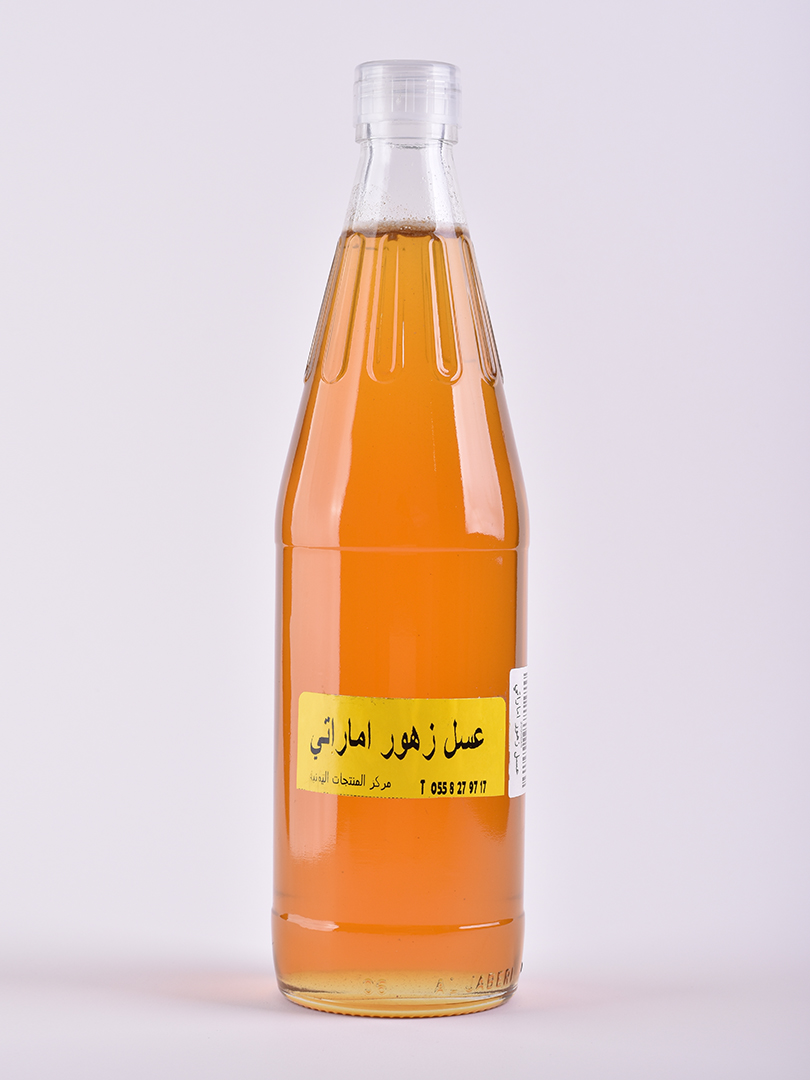
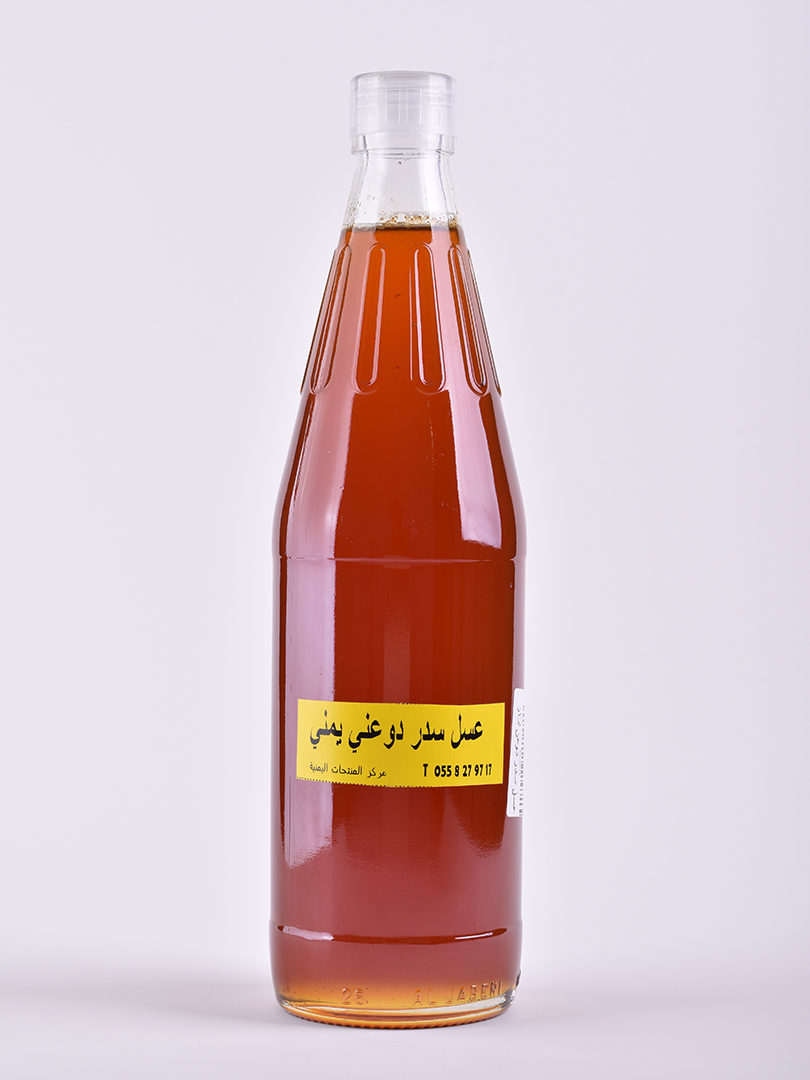
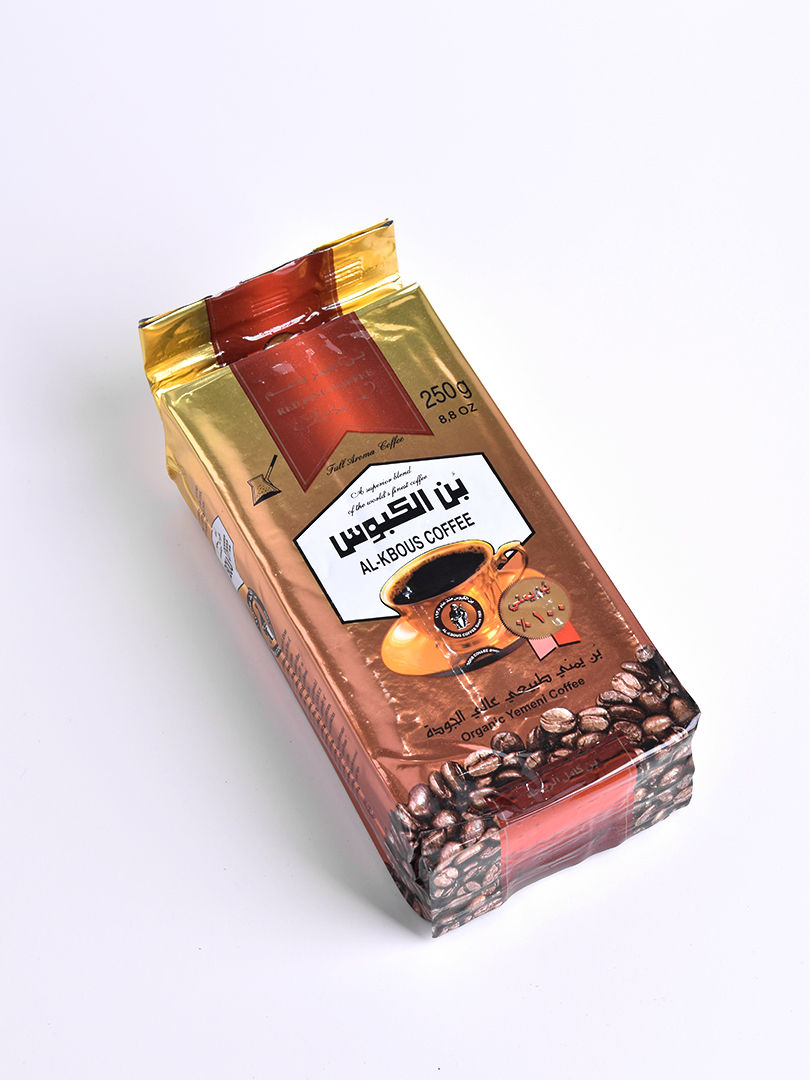




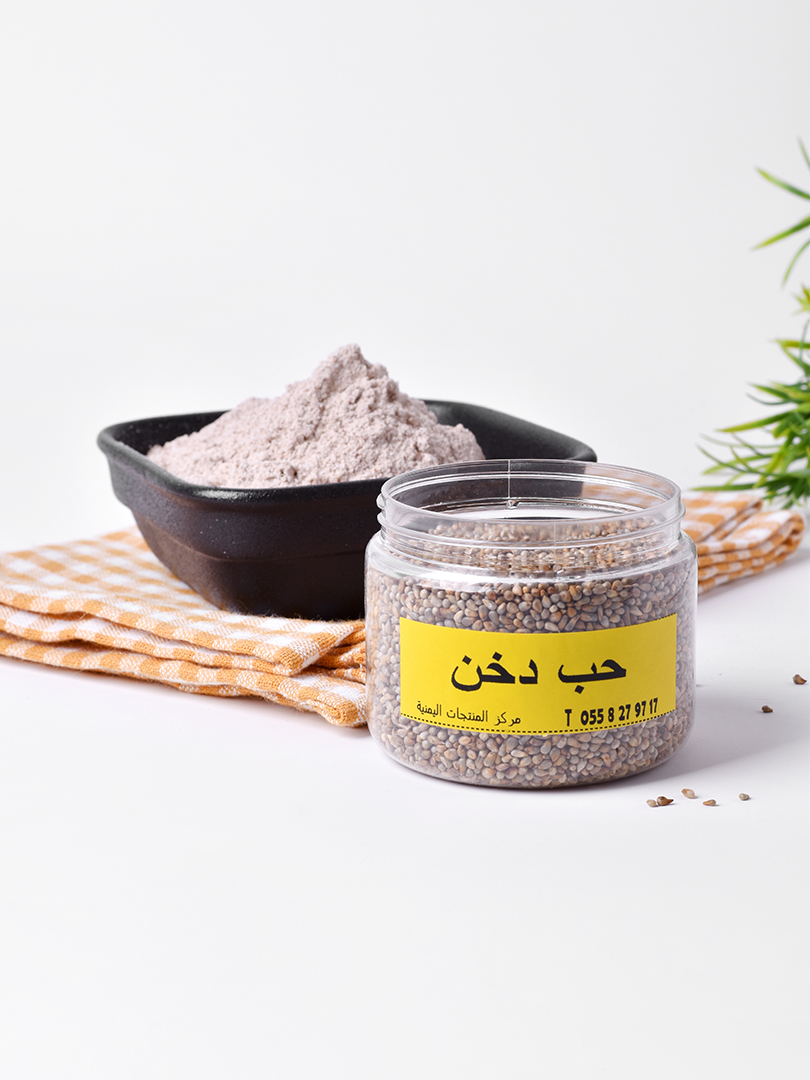
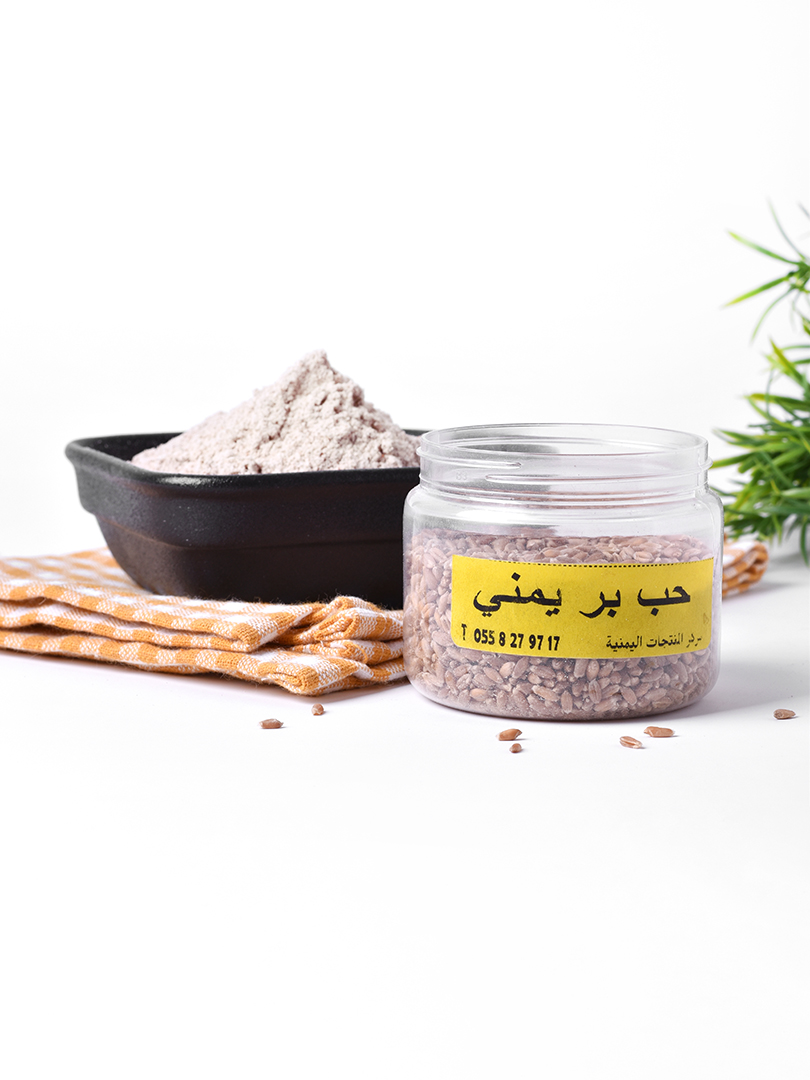
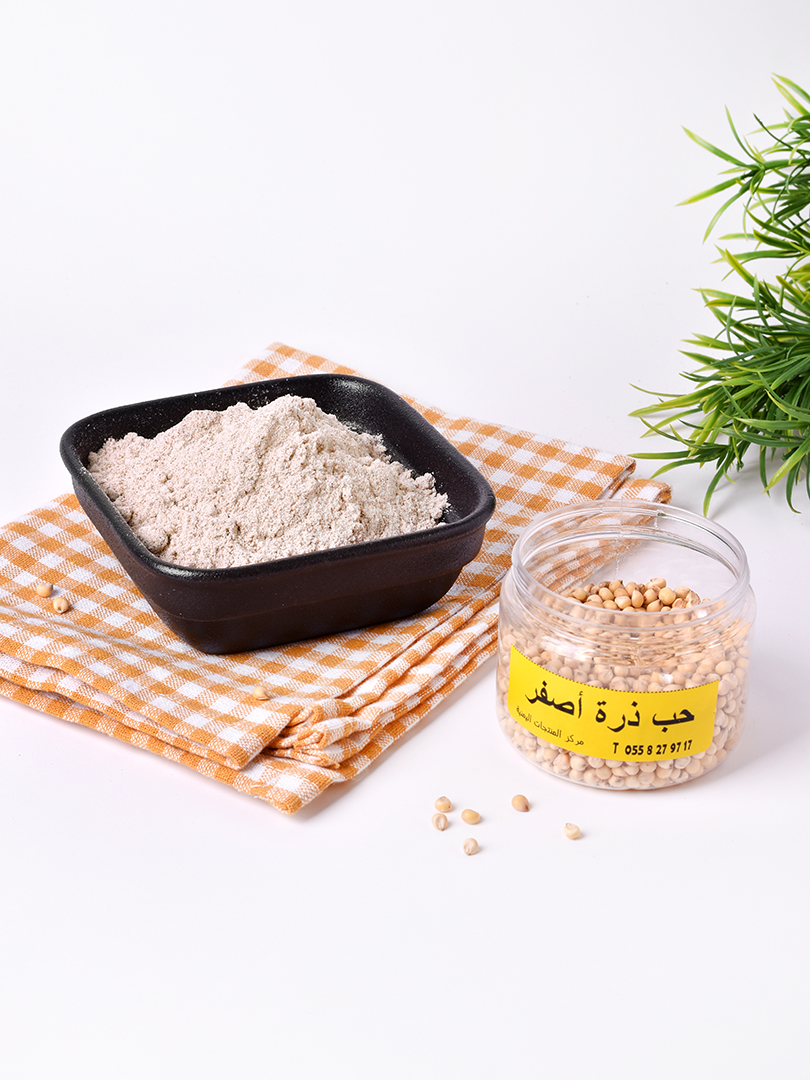
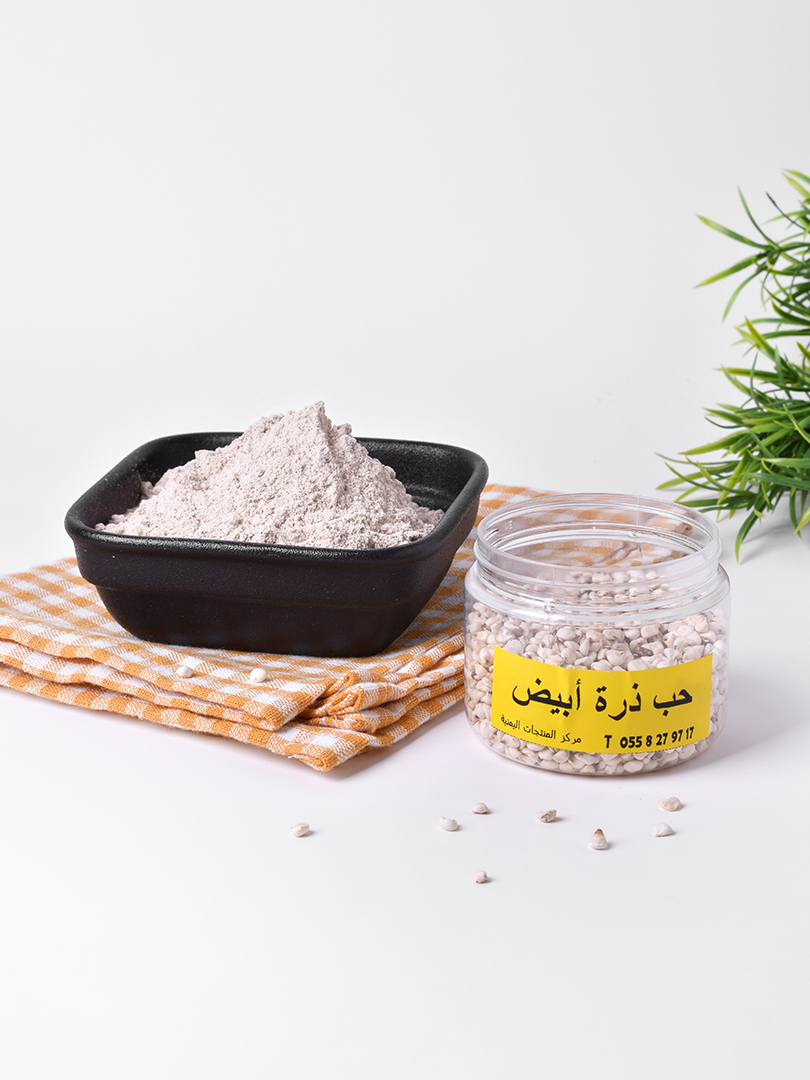
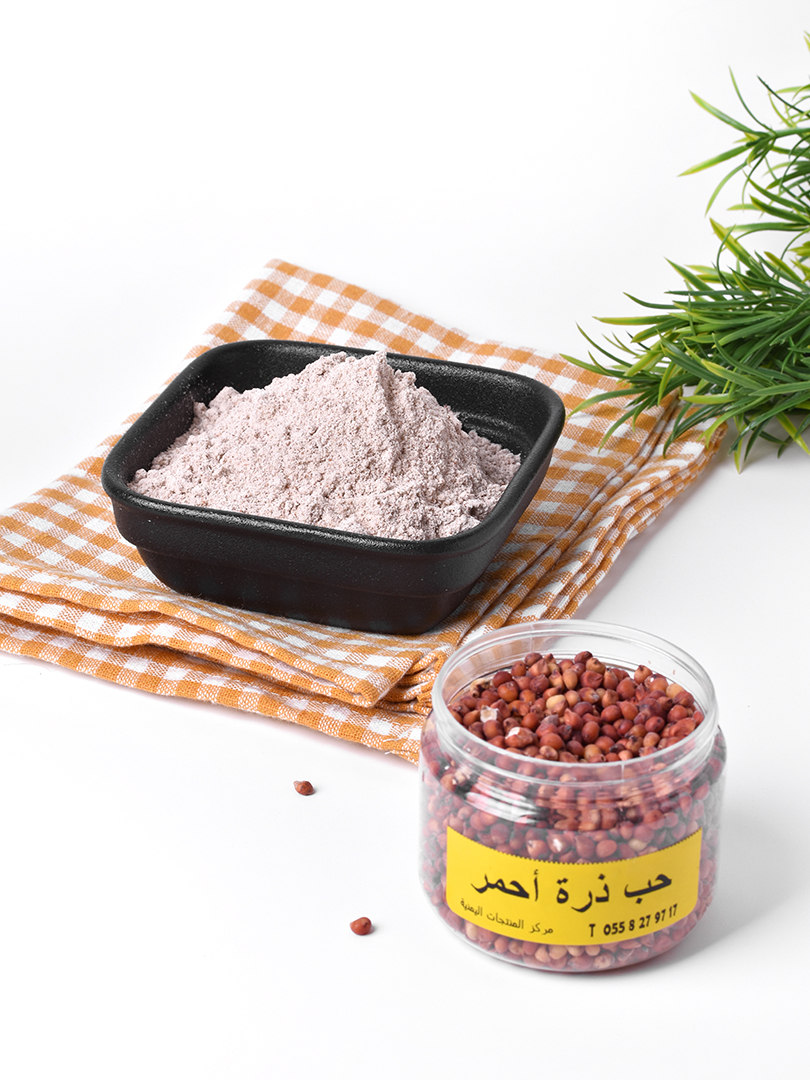
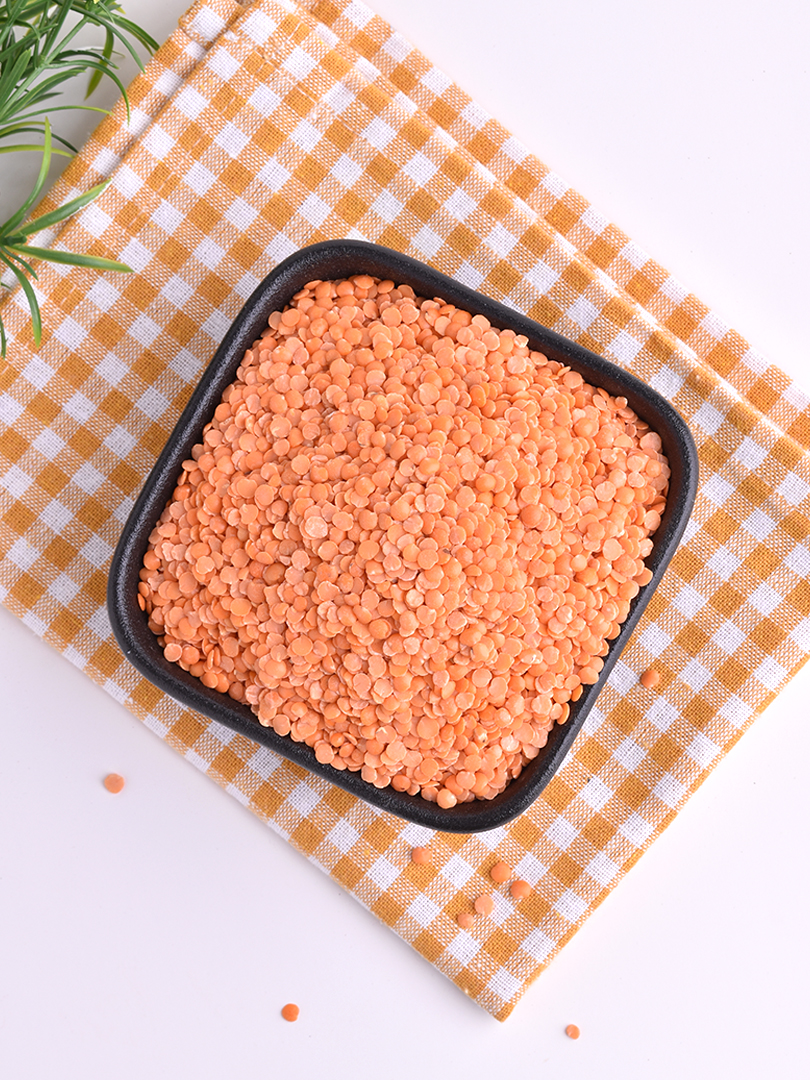
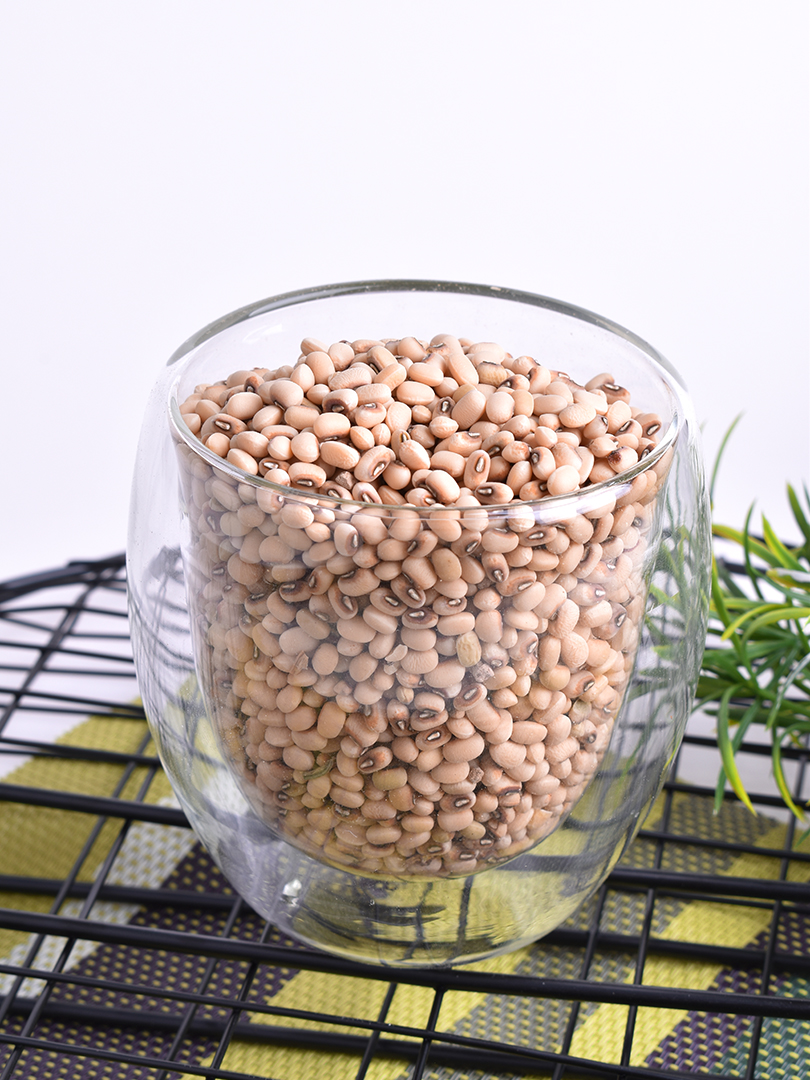
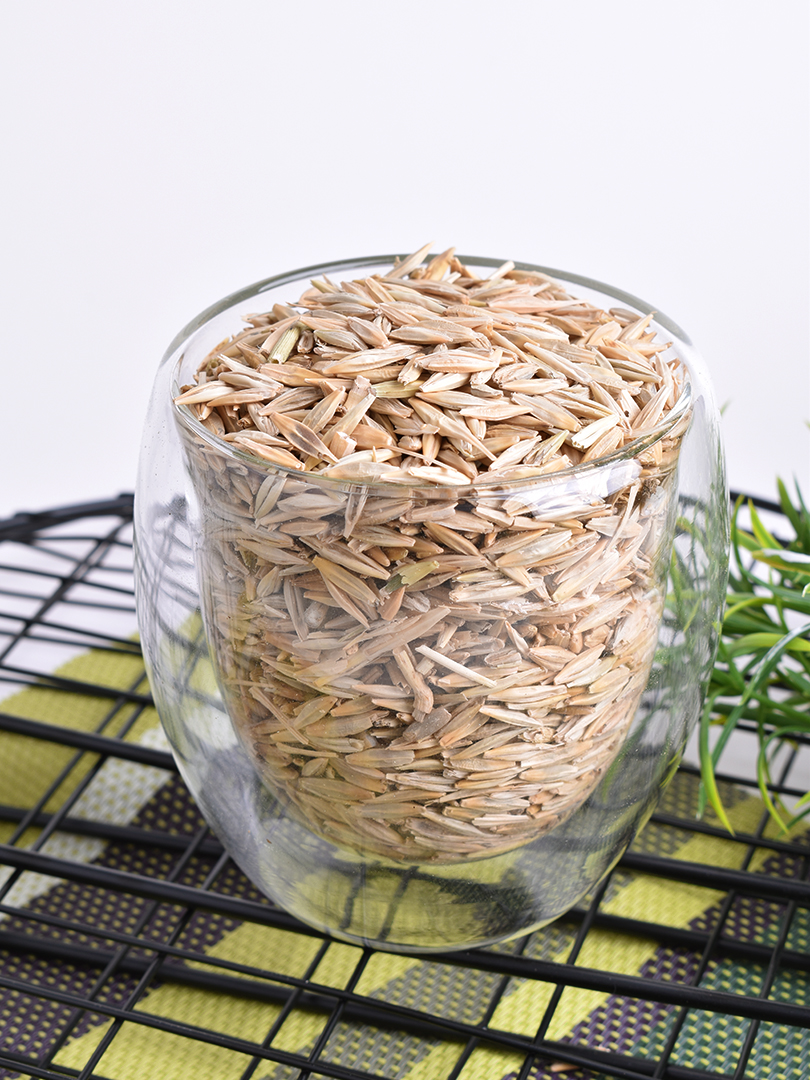
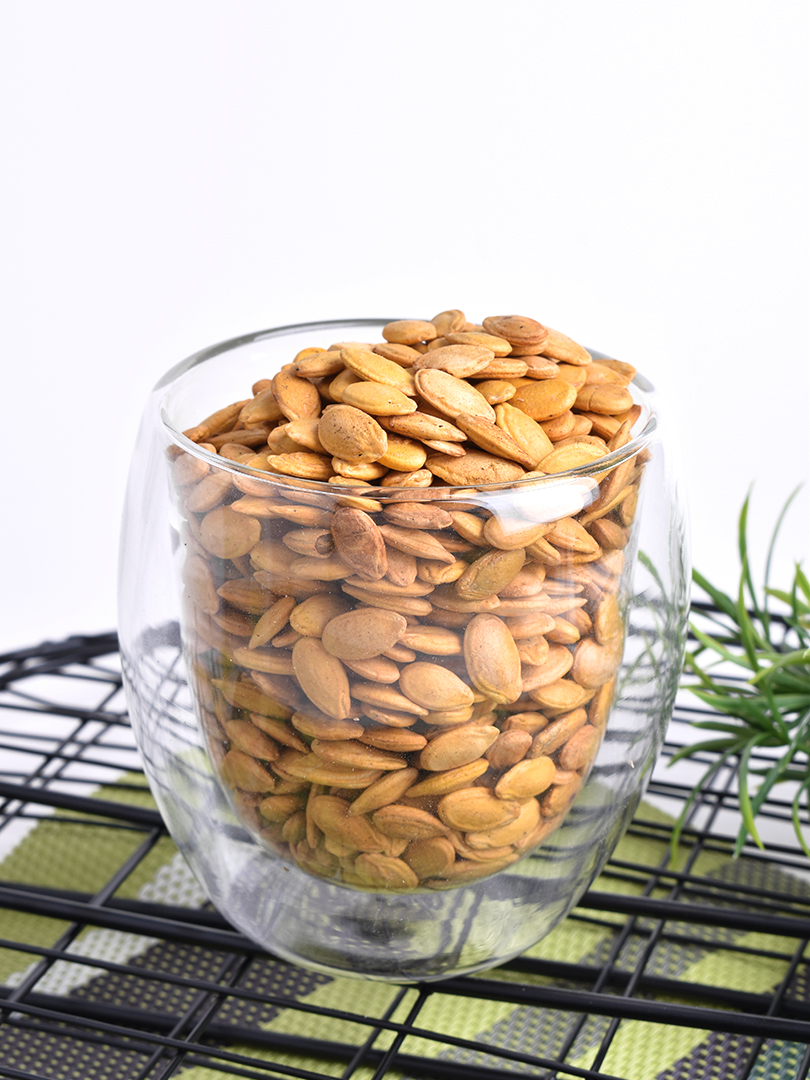

.jpg)
.jpg)
.jpg)

.jpg)
.jpg)
.jpg)

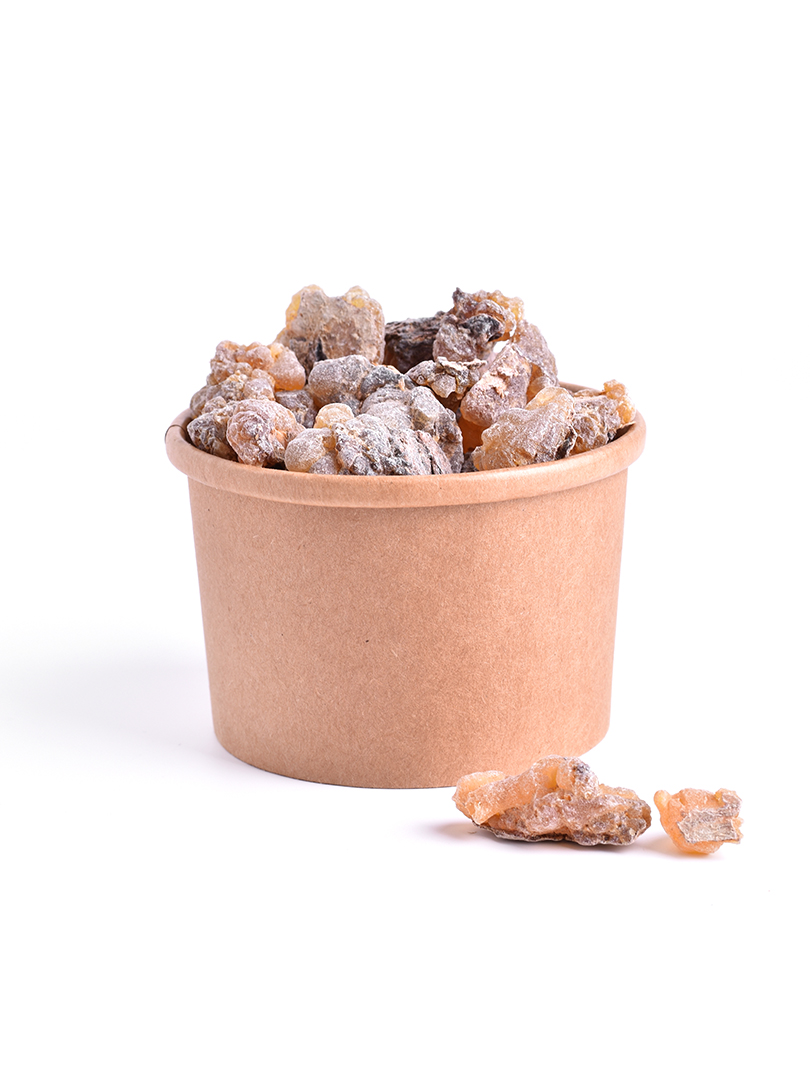
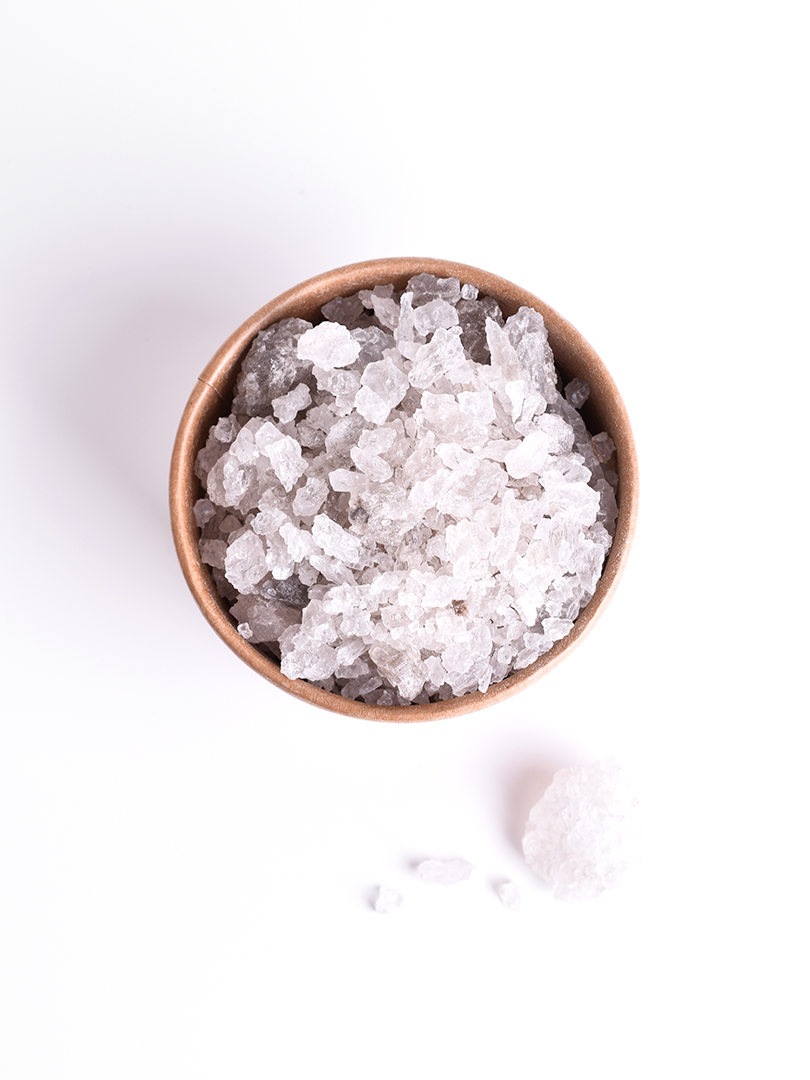

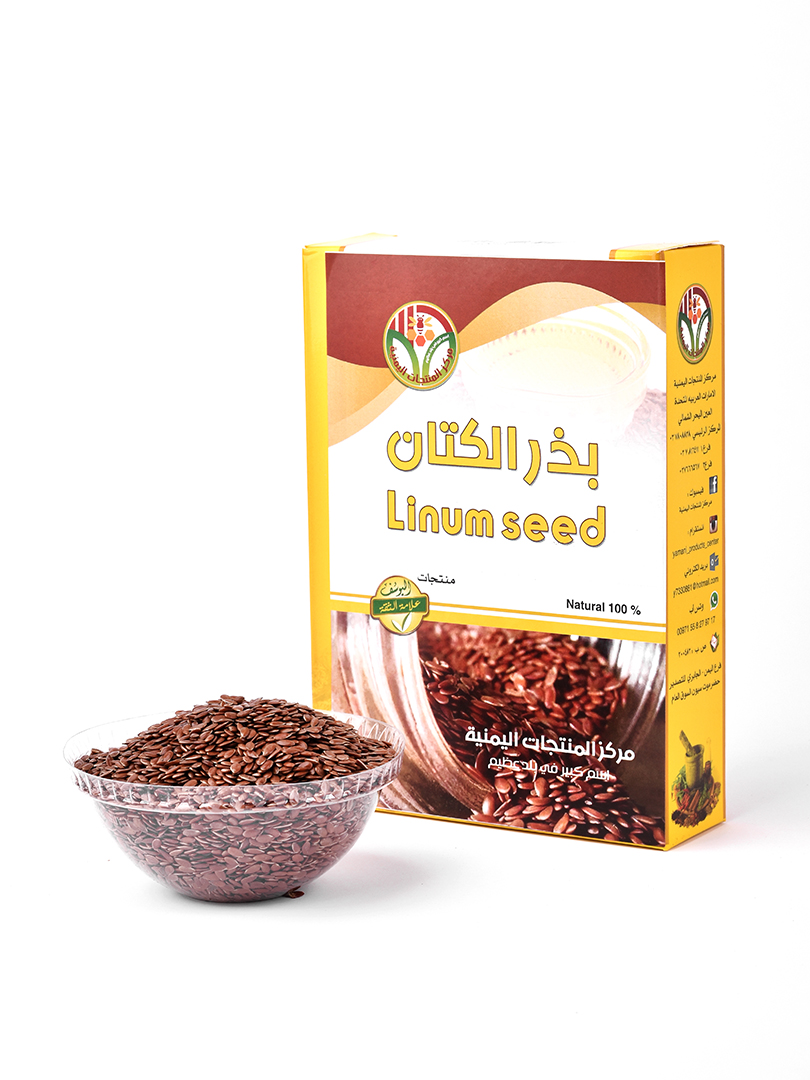
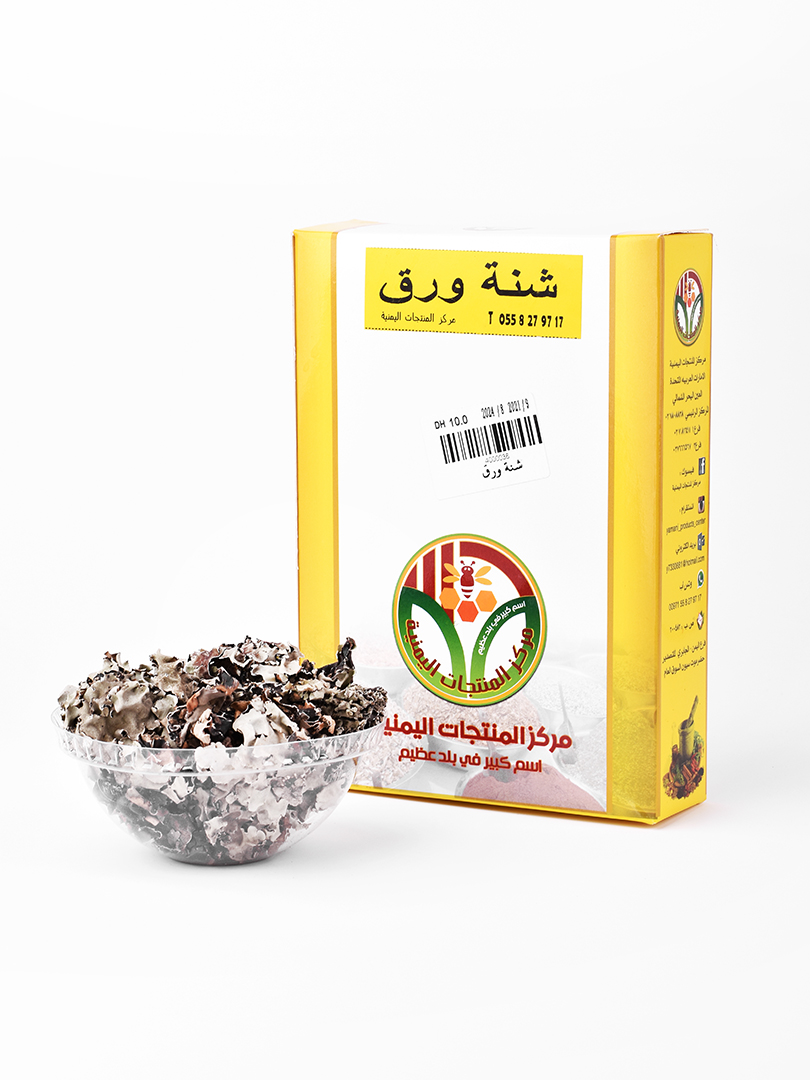
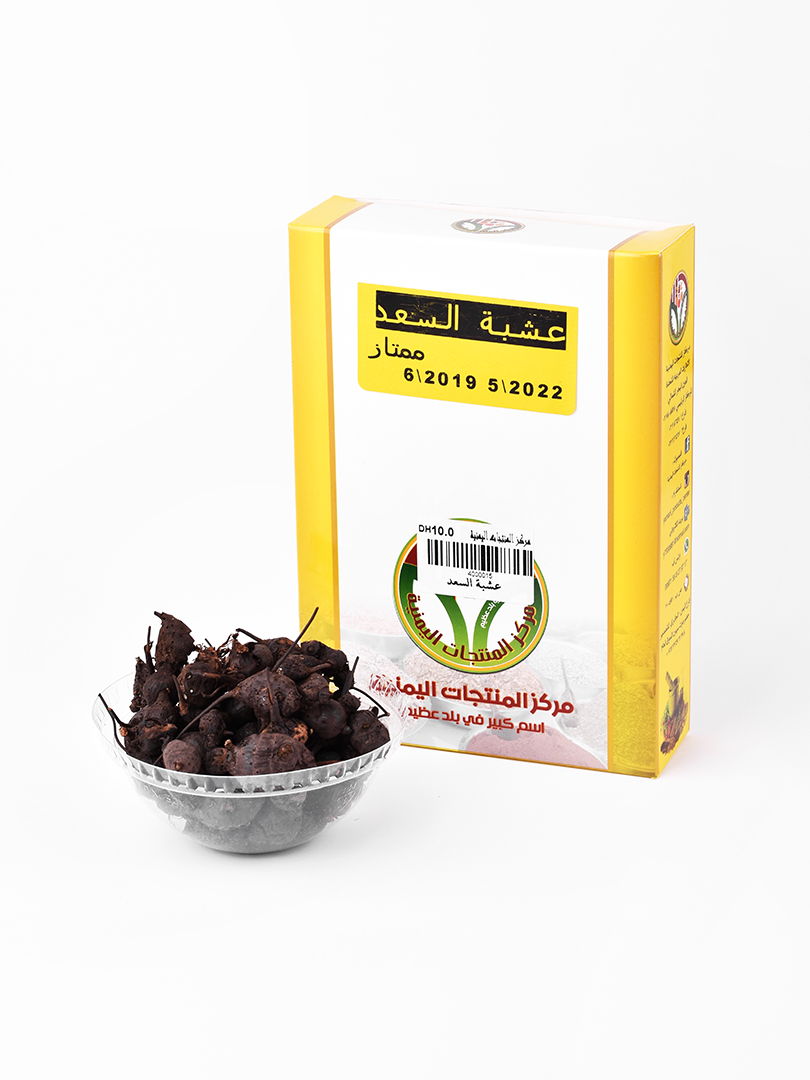
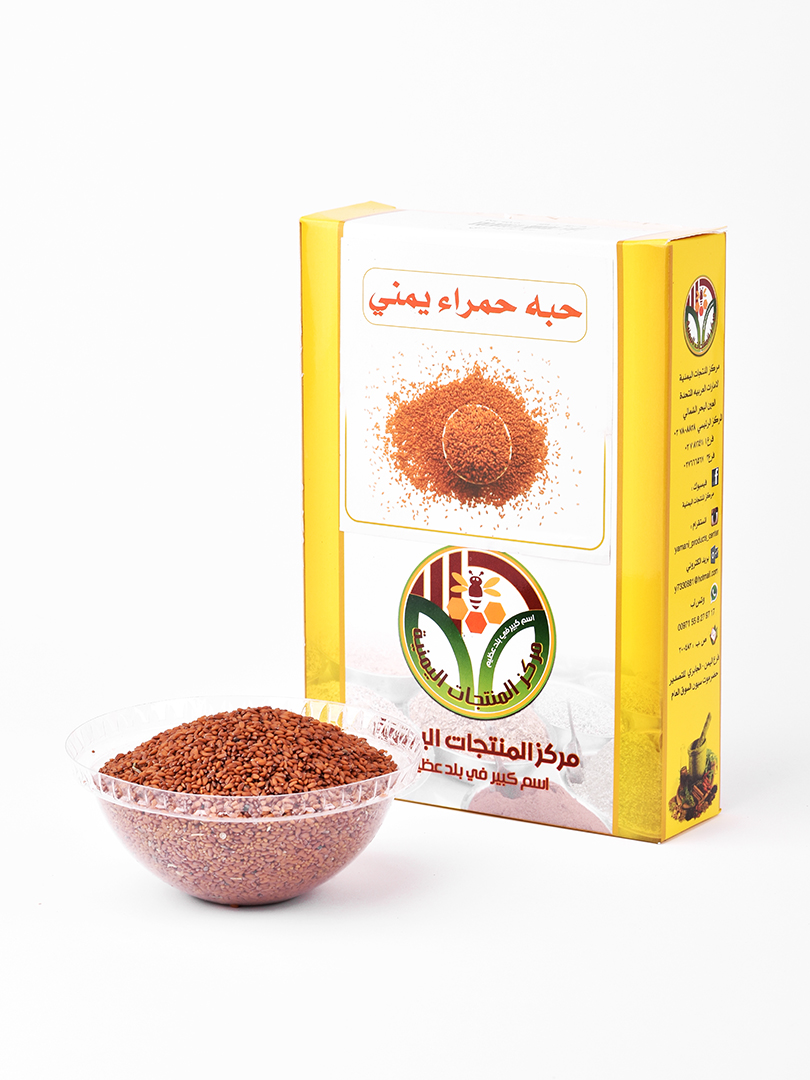
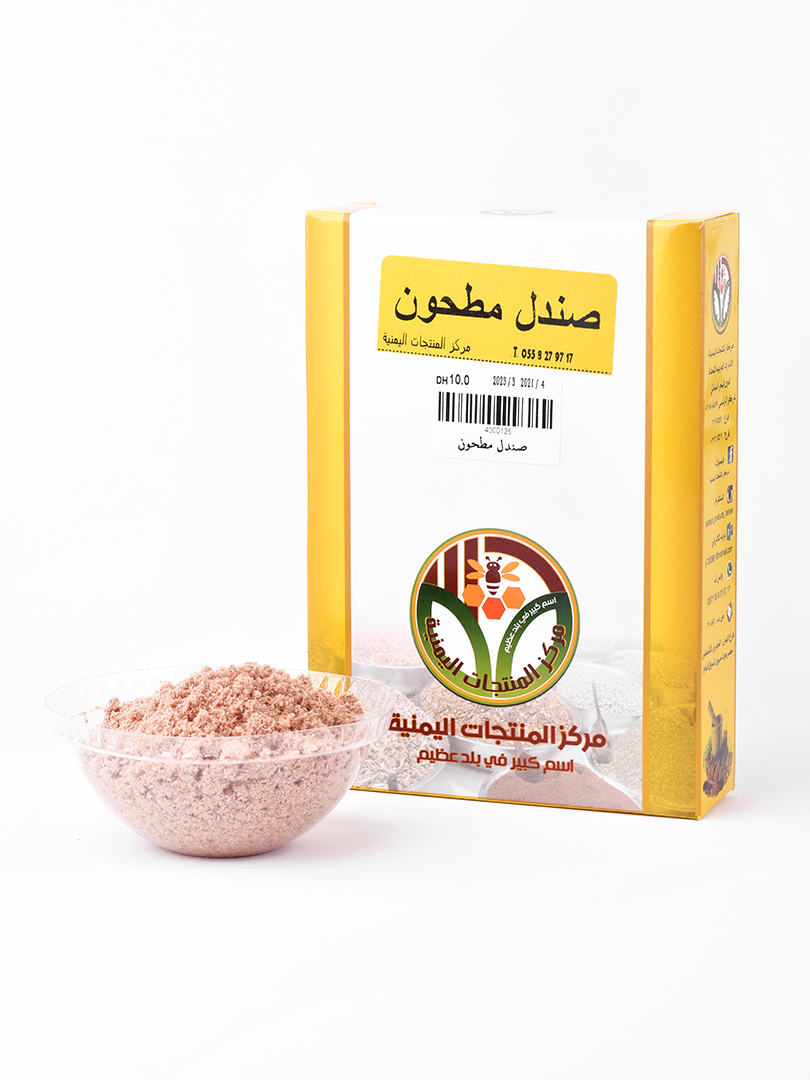
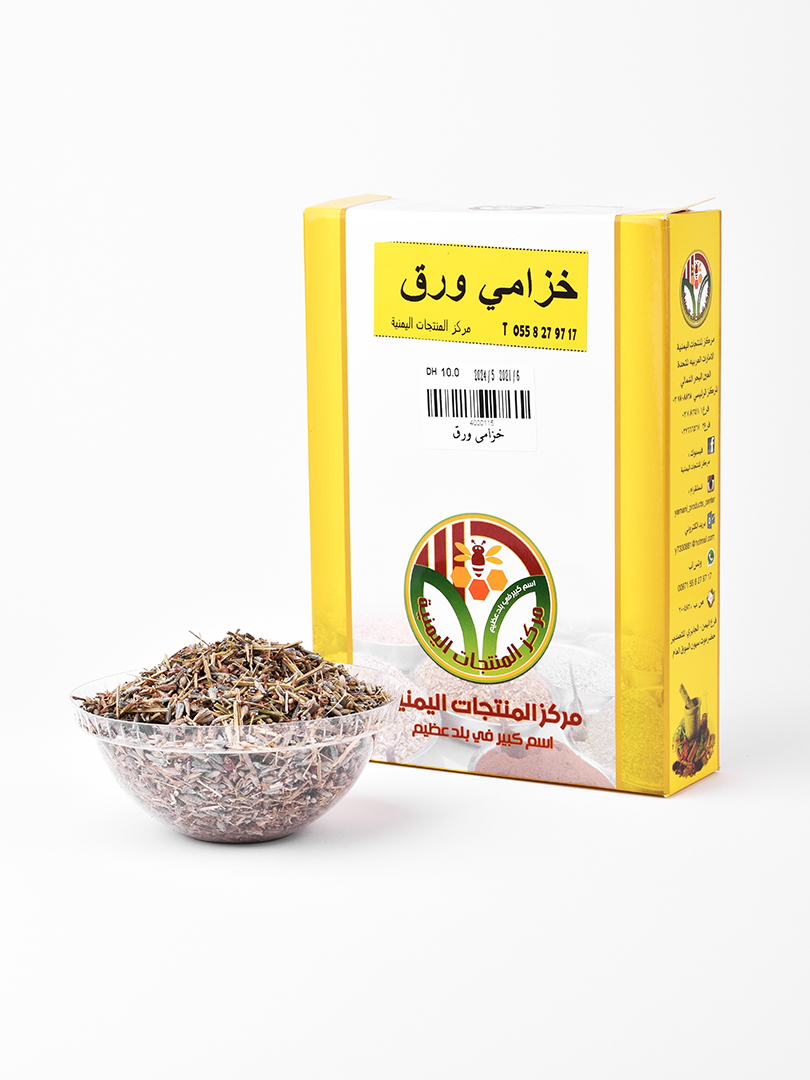
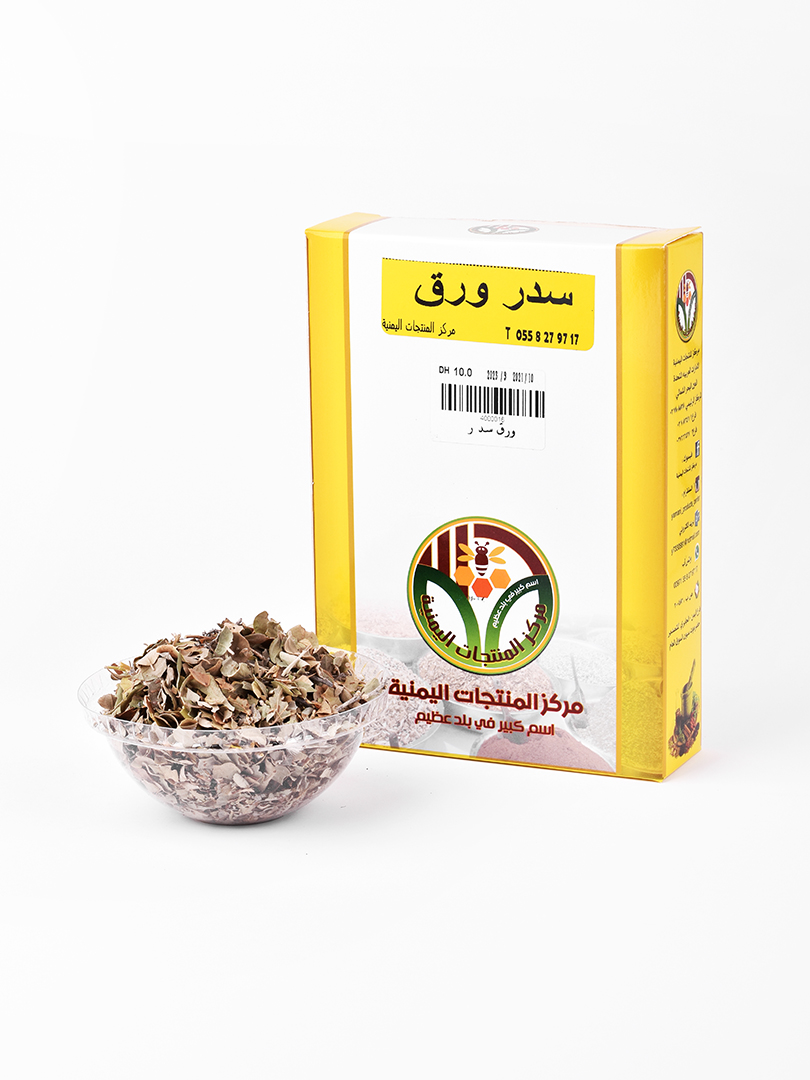
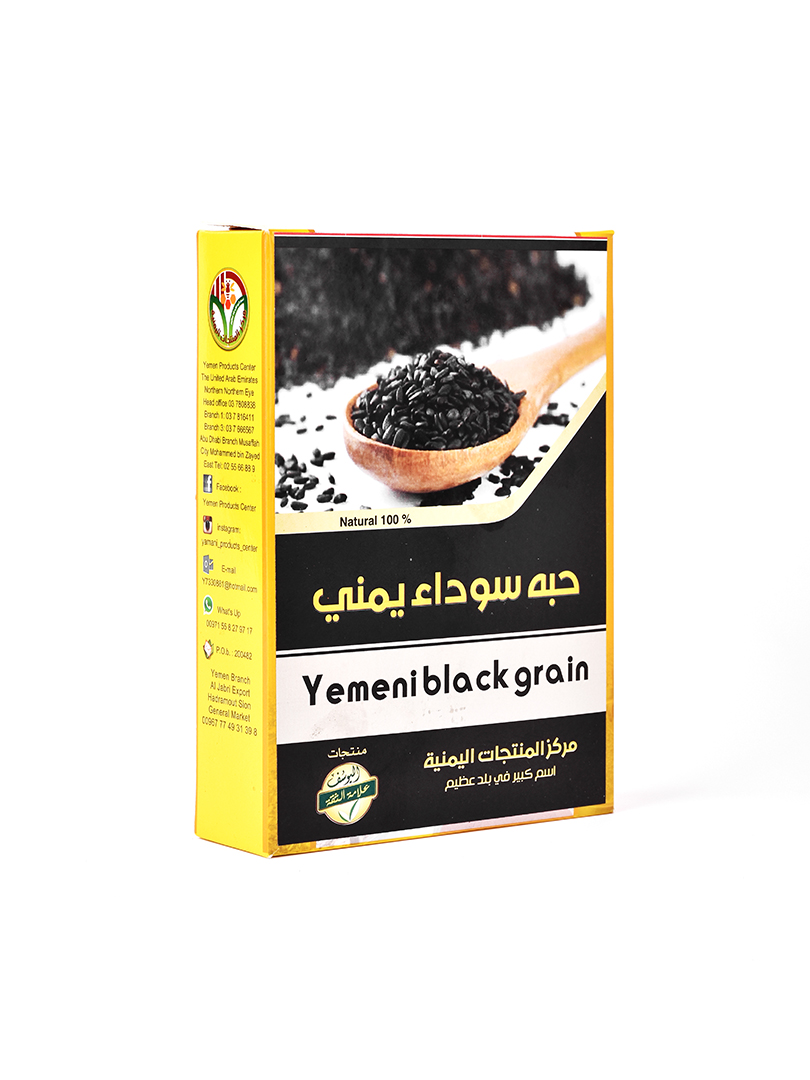
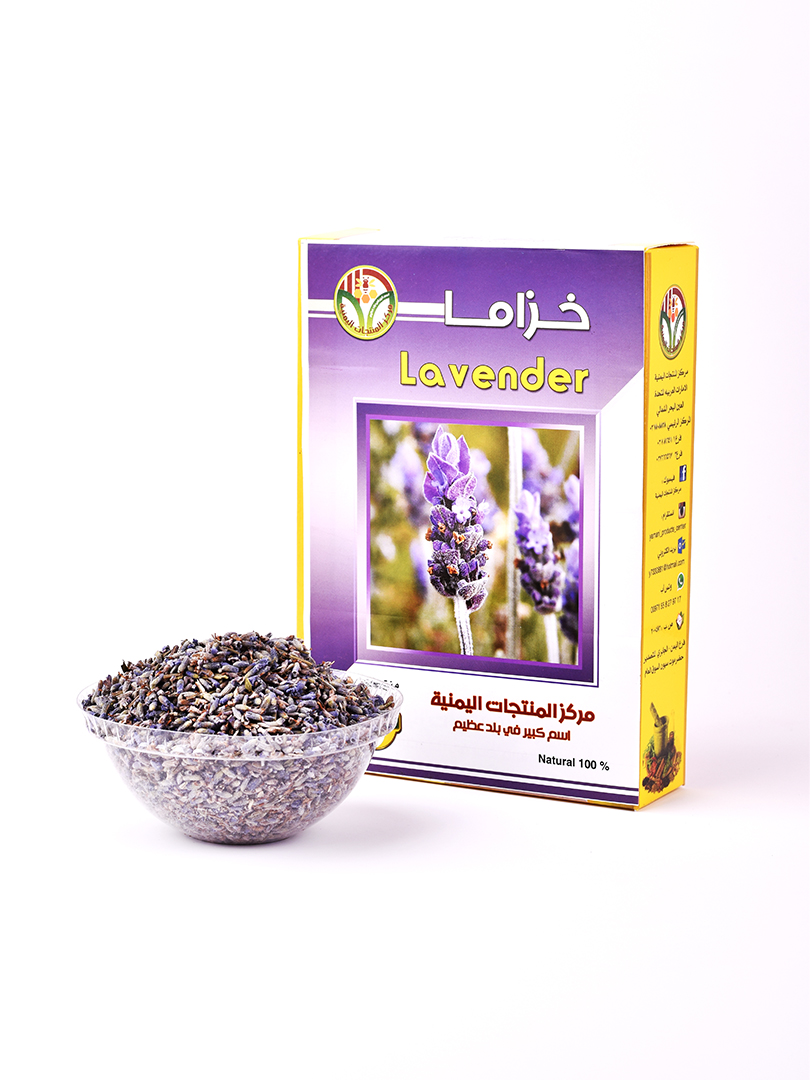
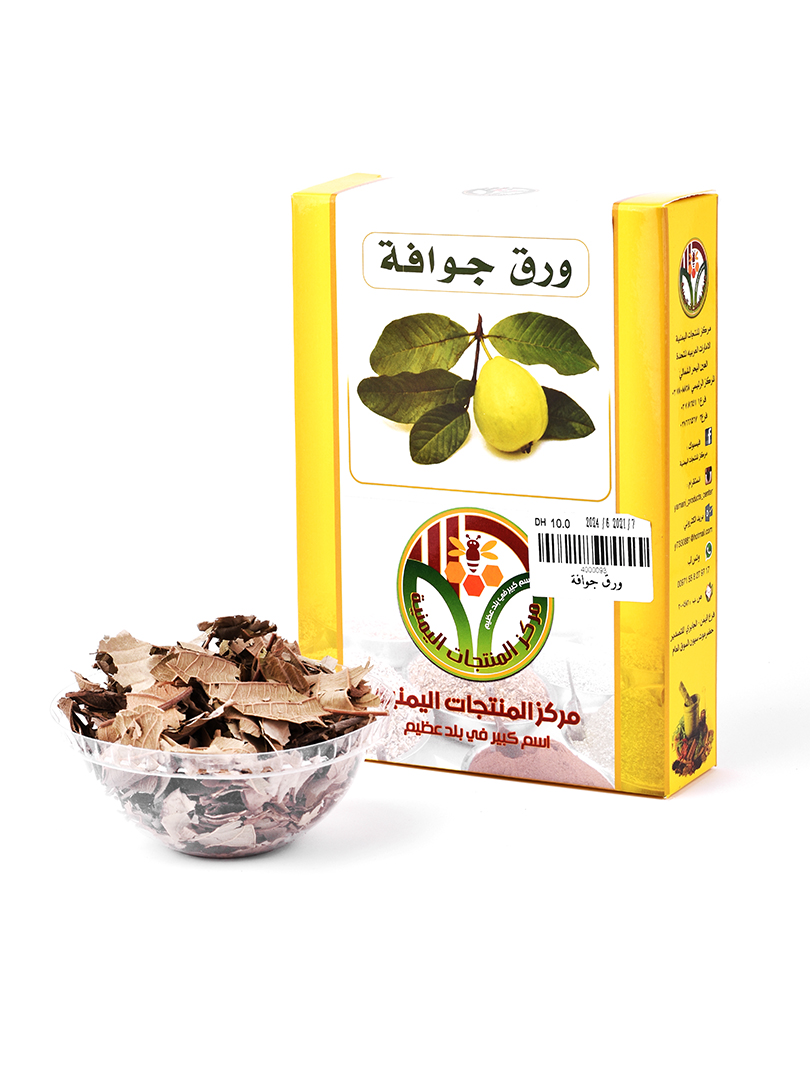
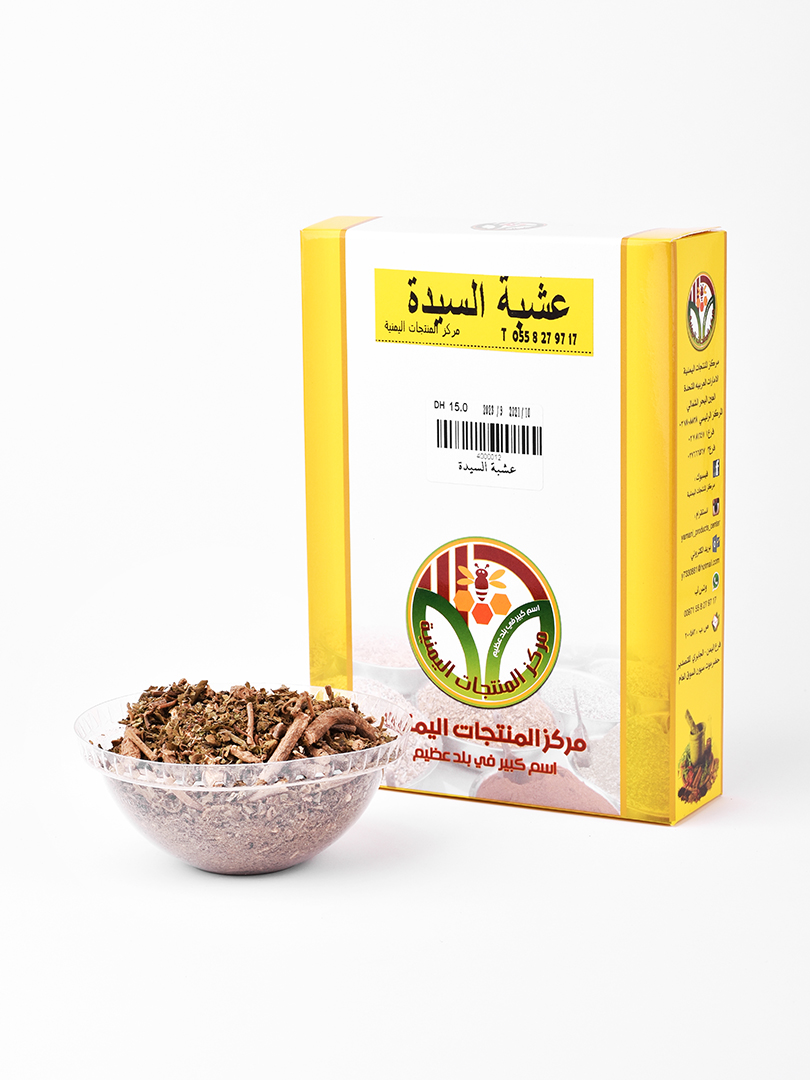
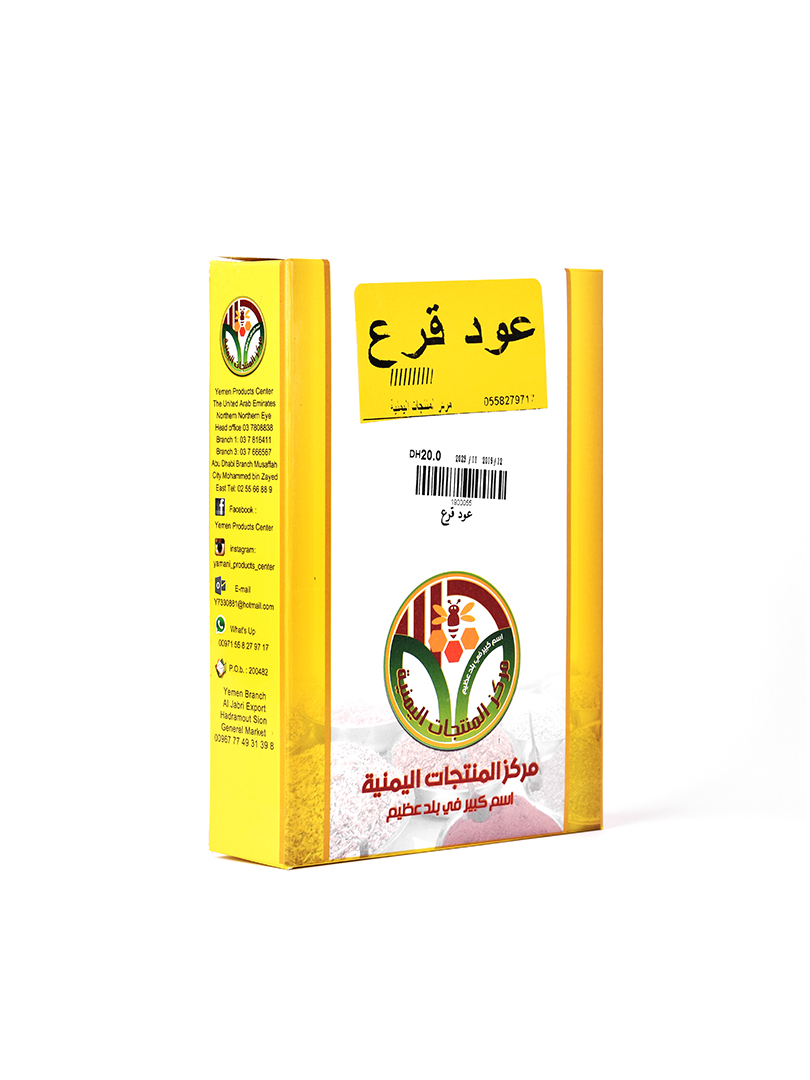

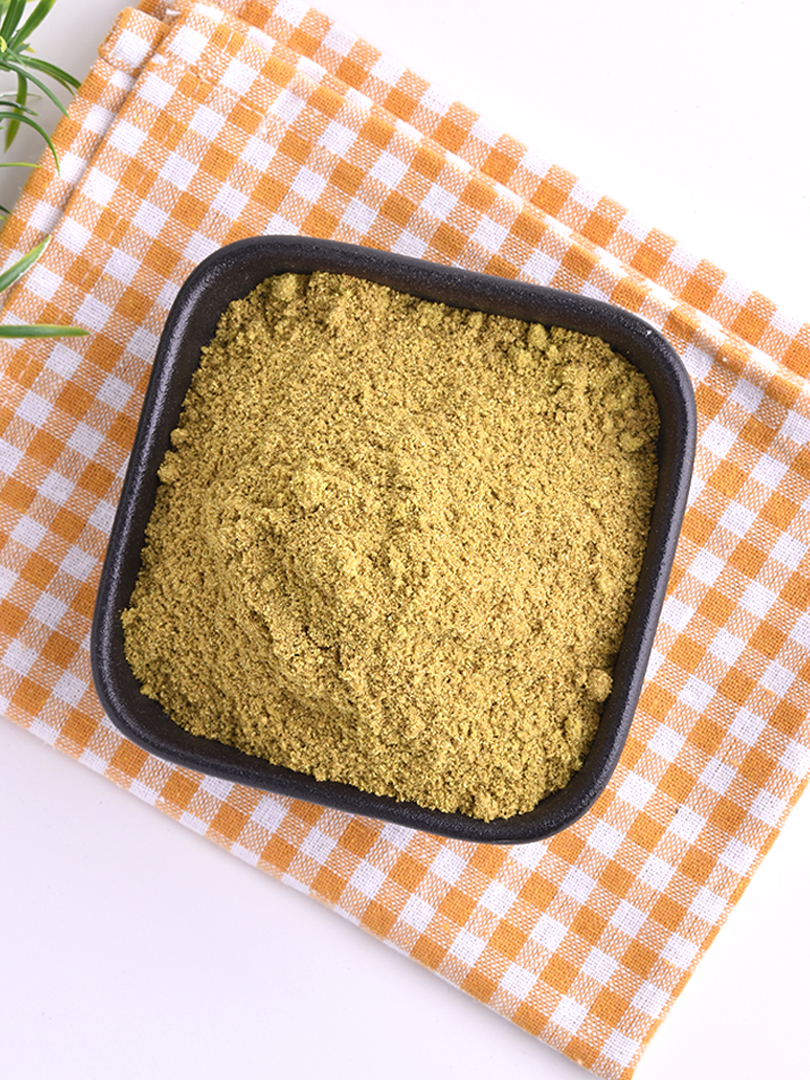
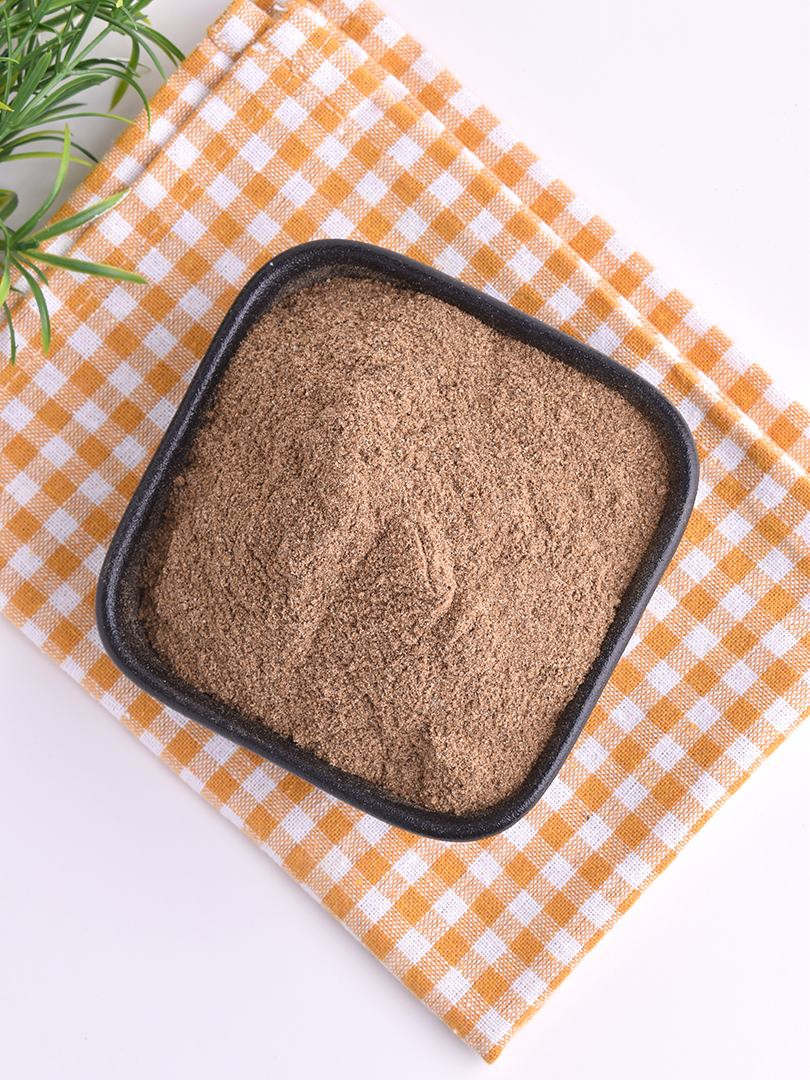
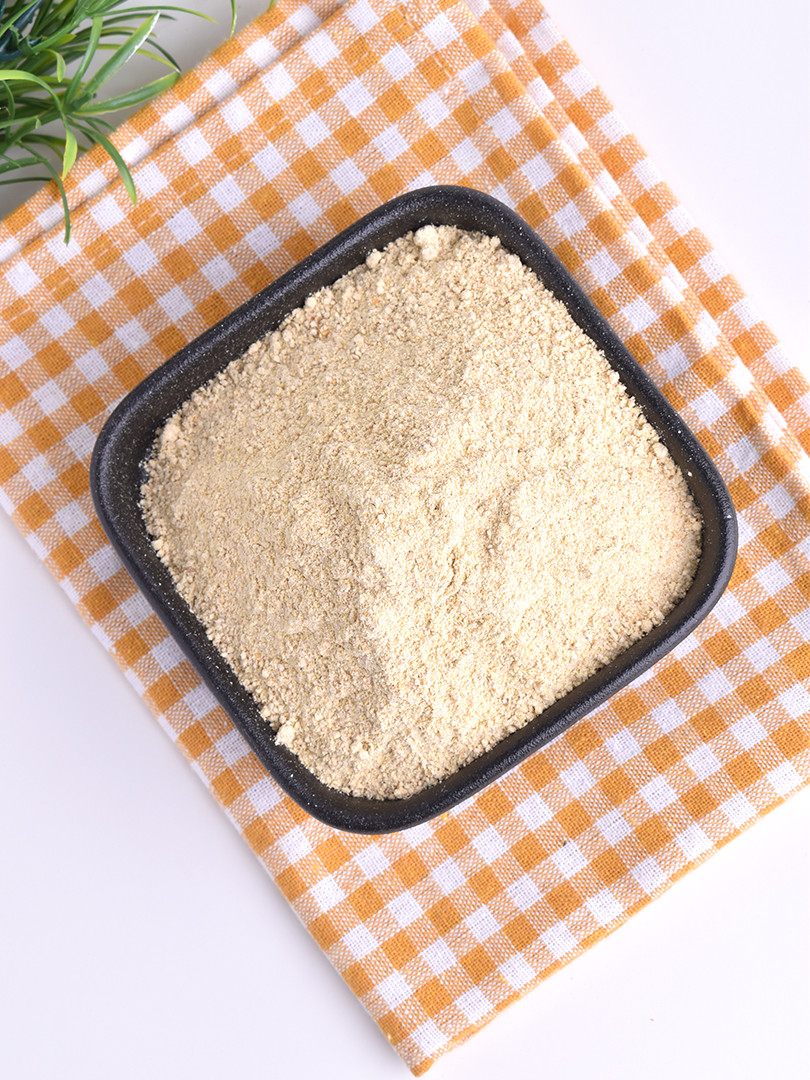
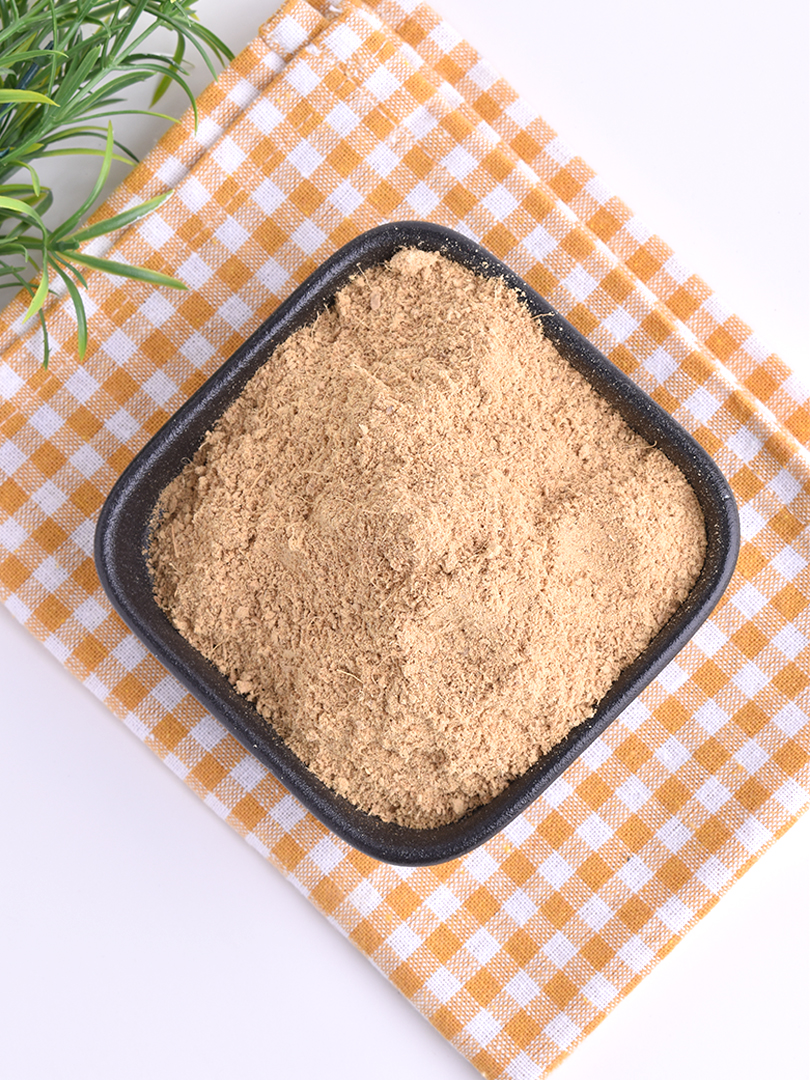
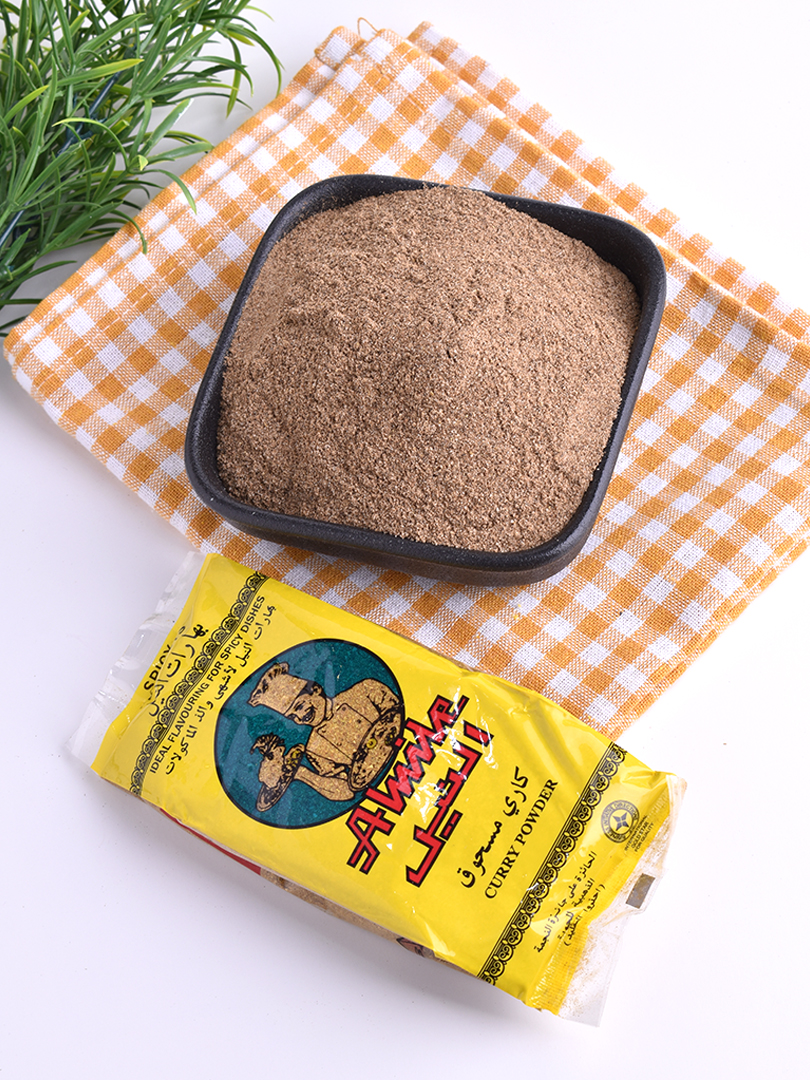
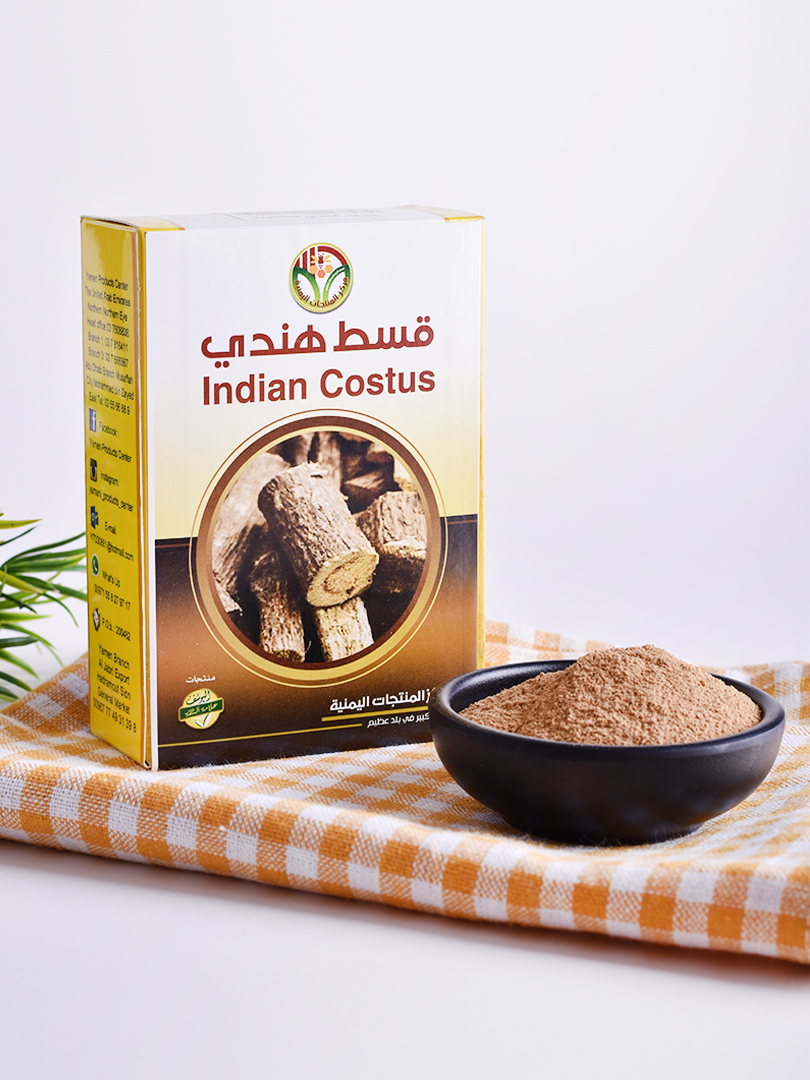
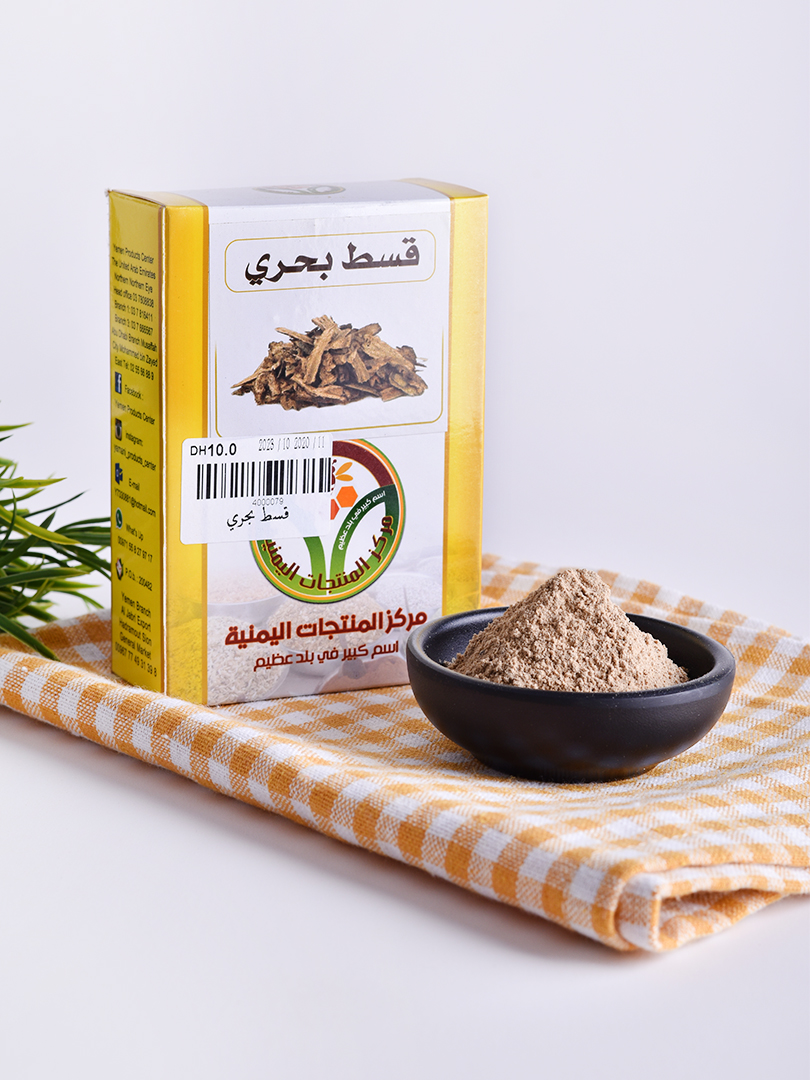
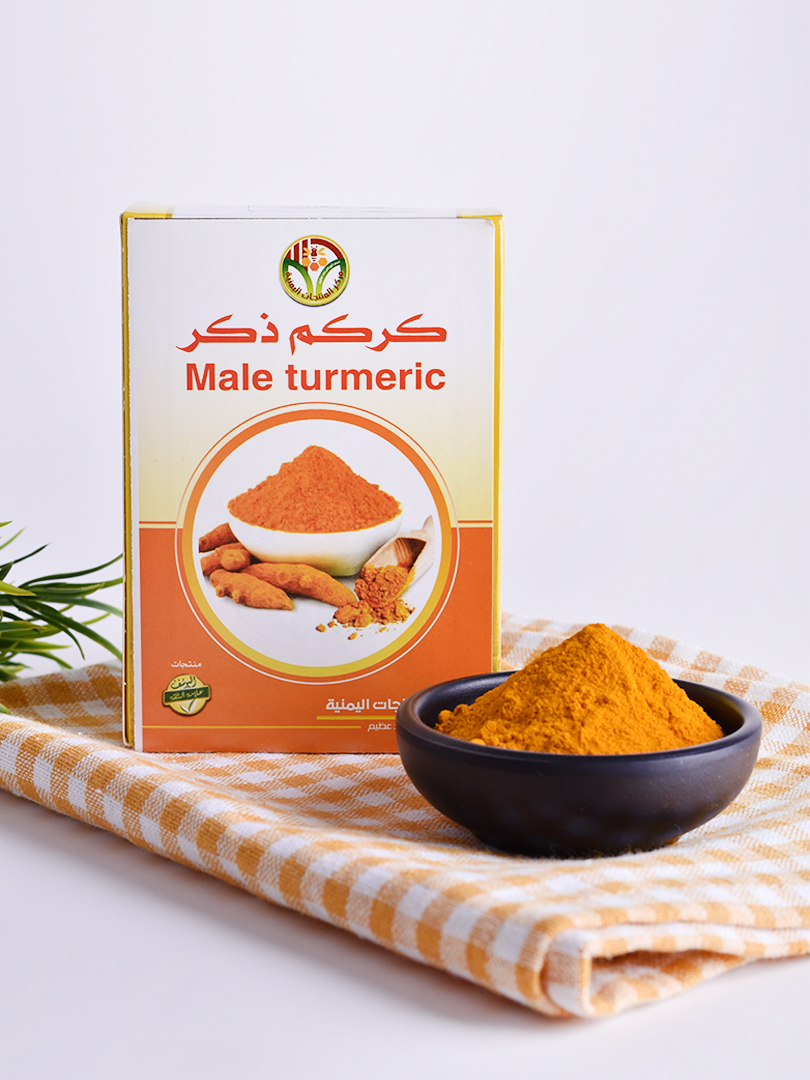
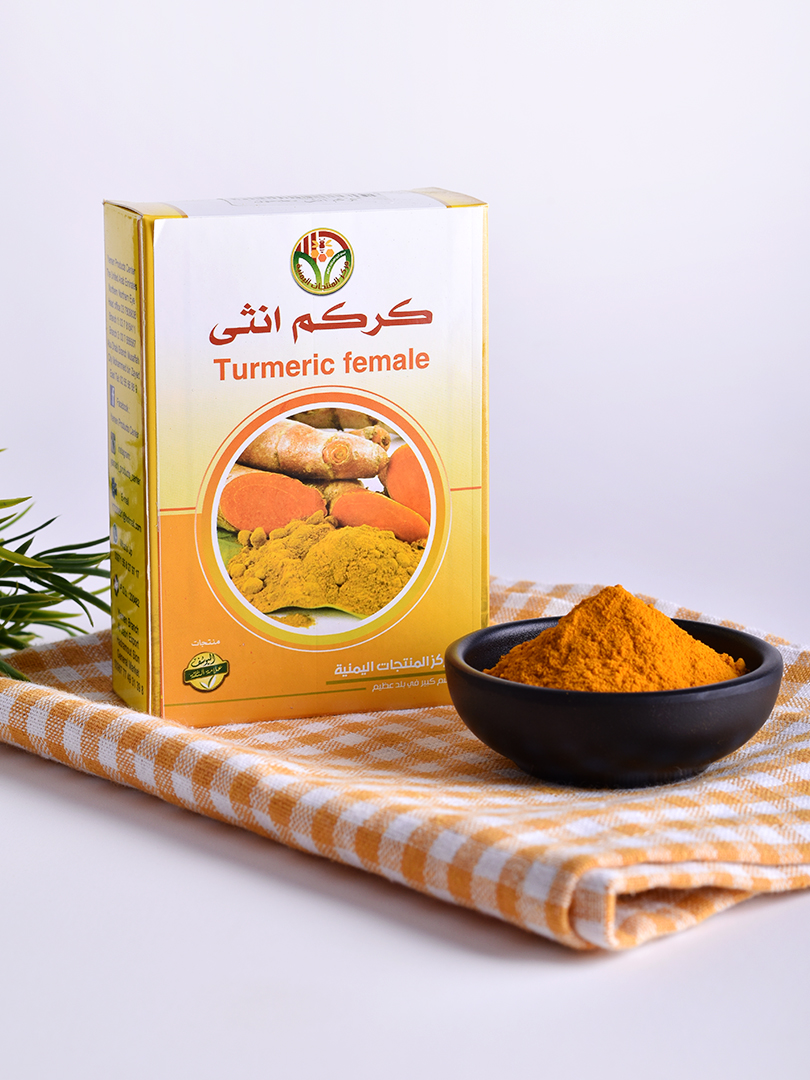
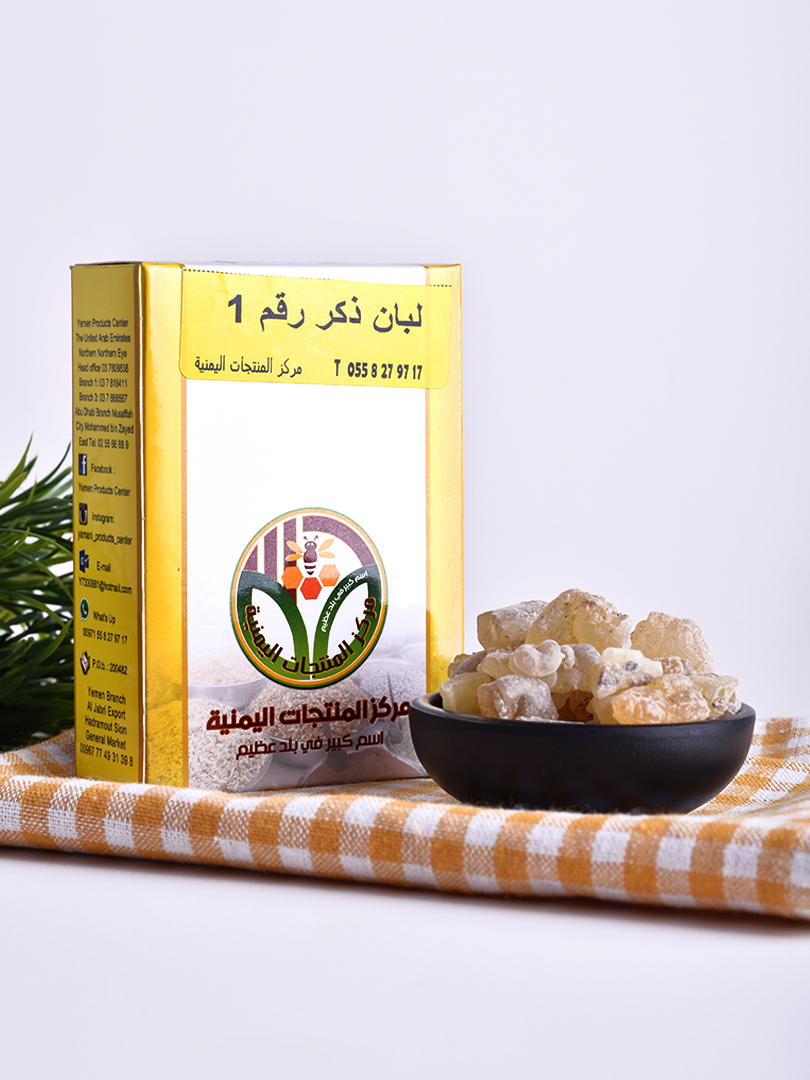
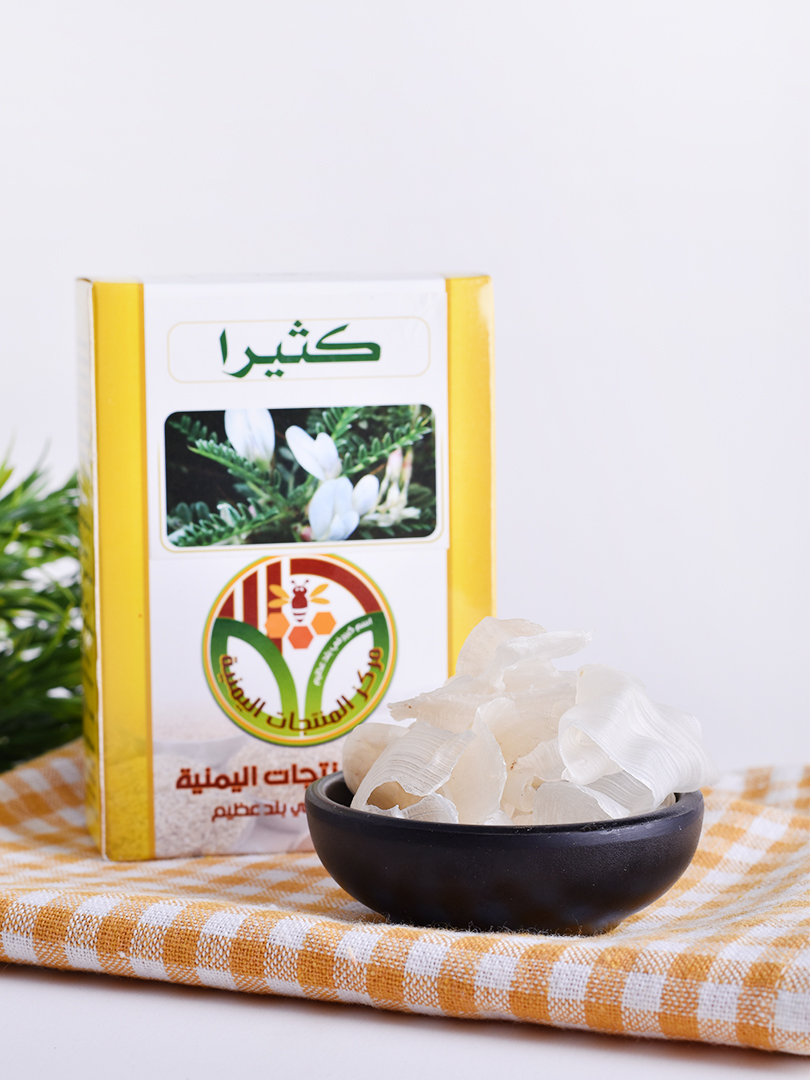
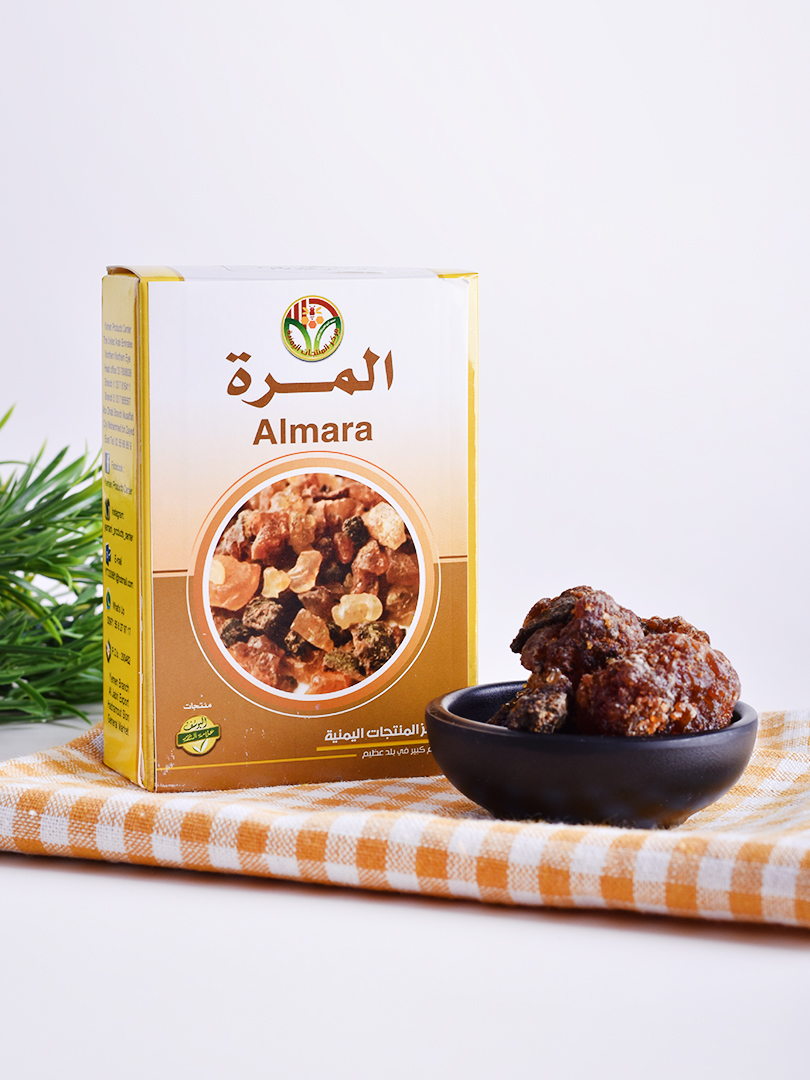
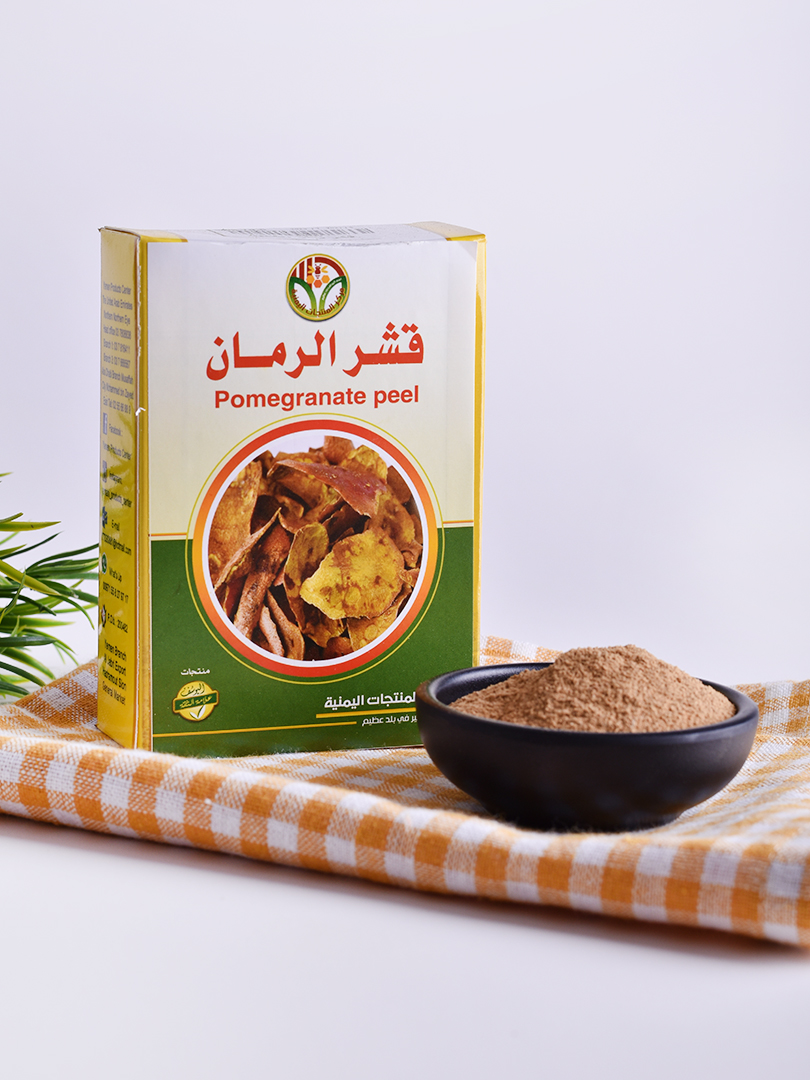
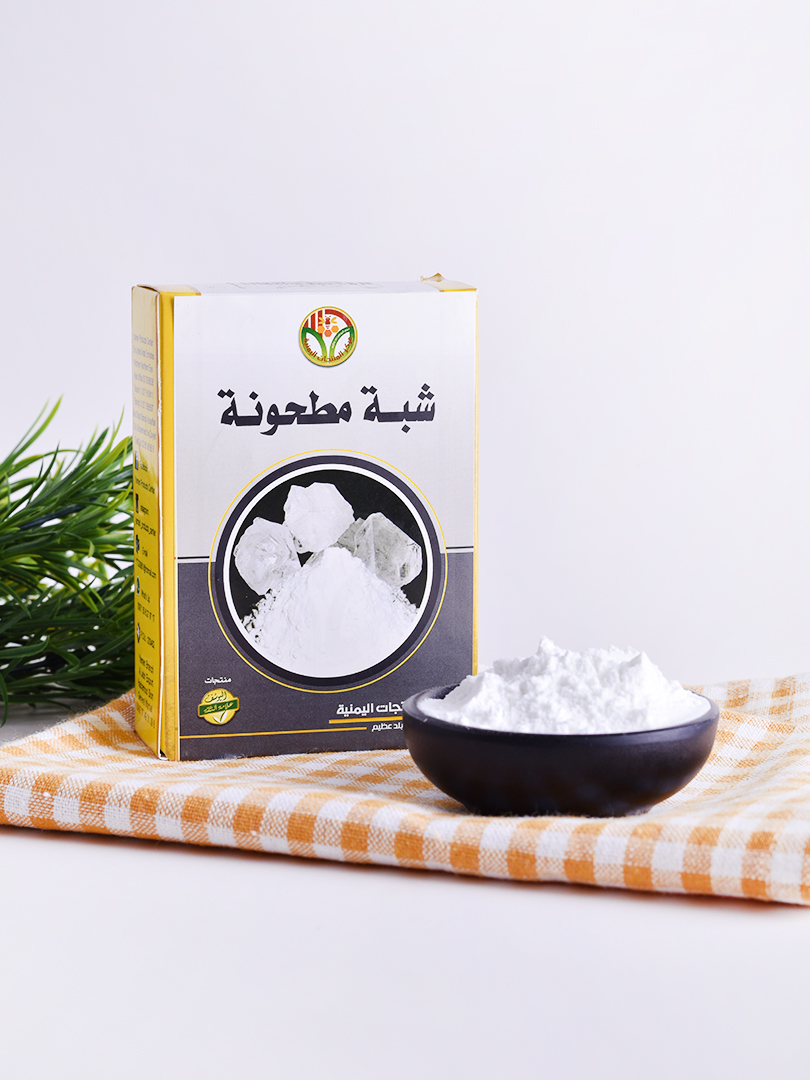

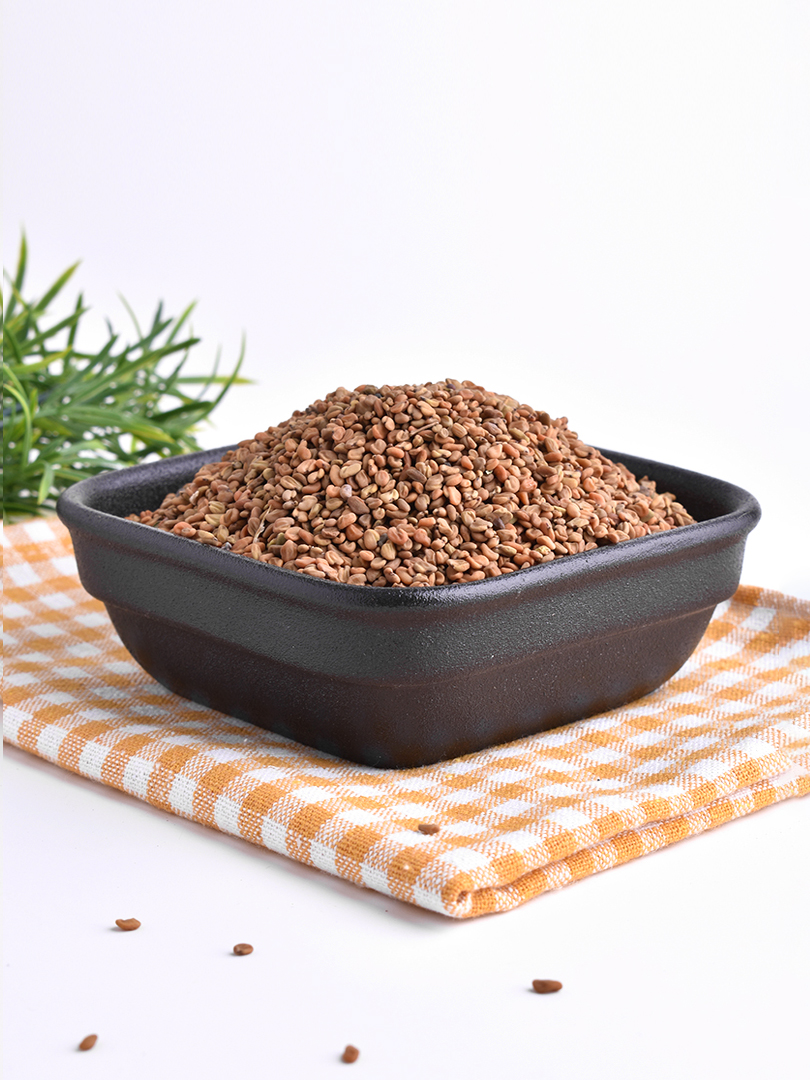
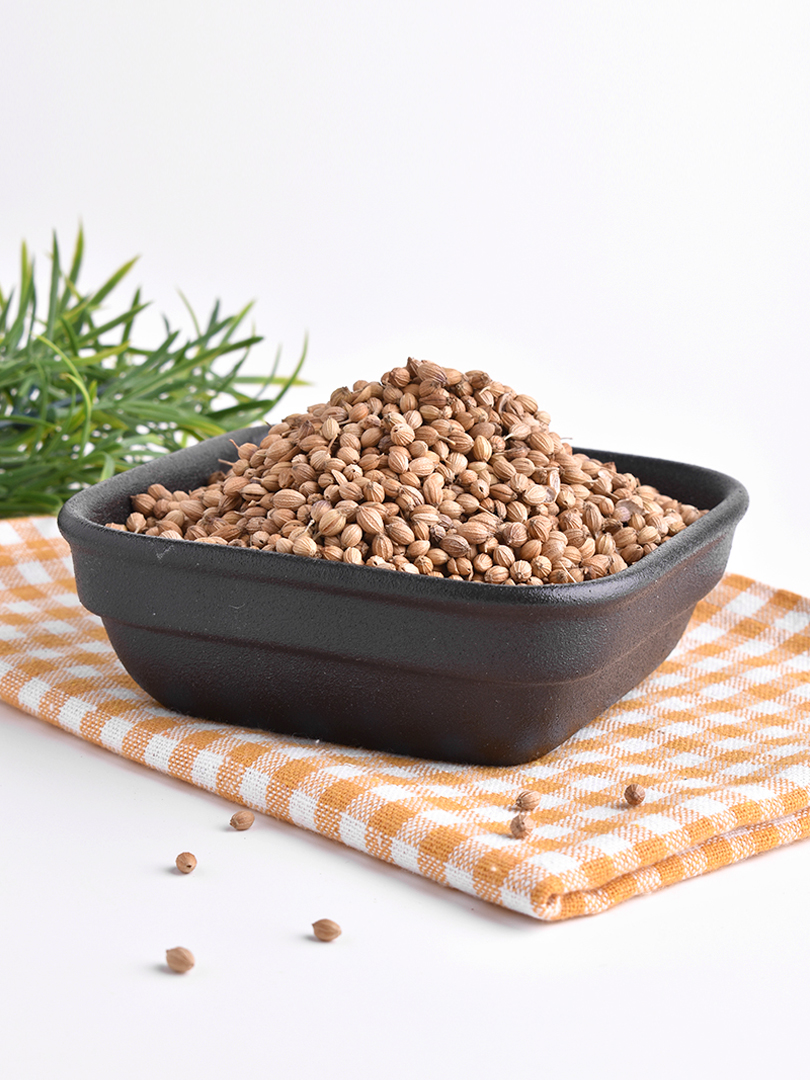
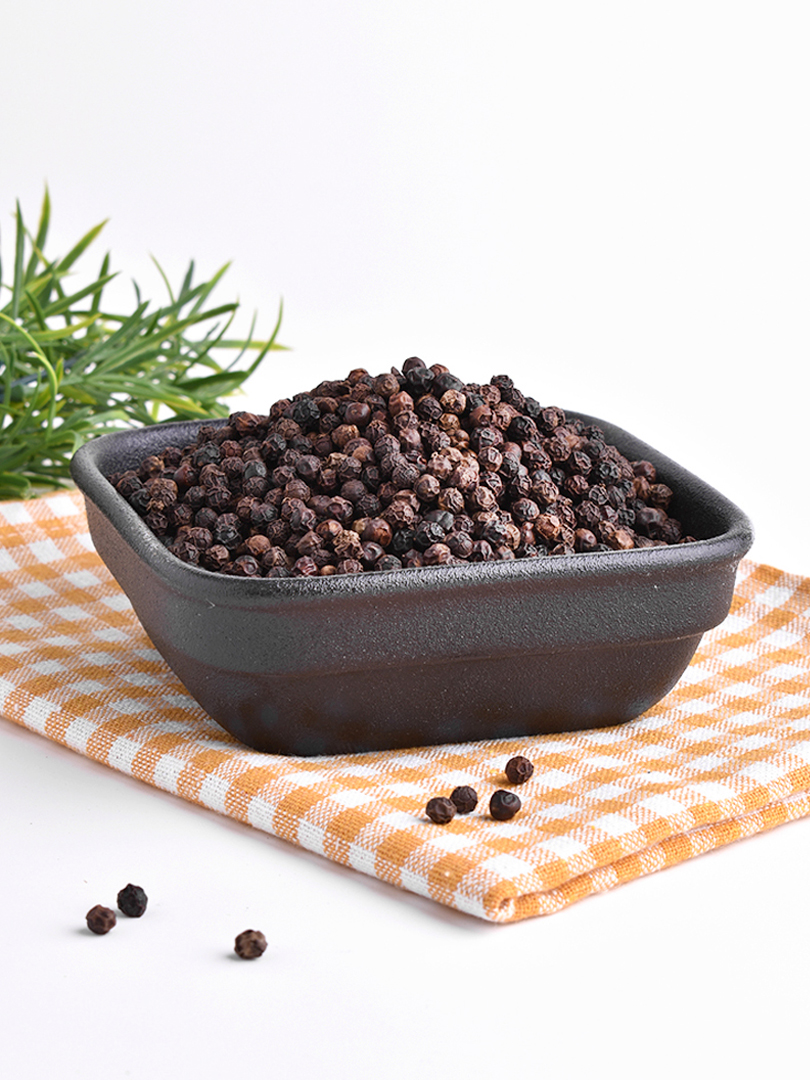
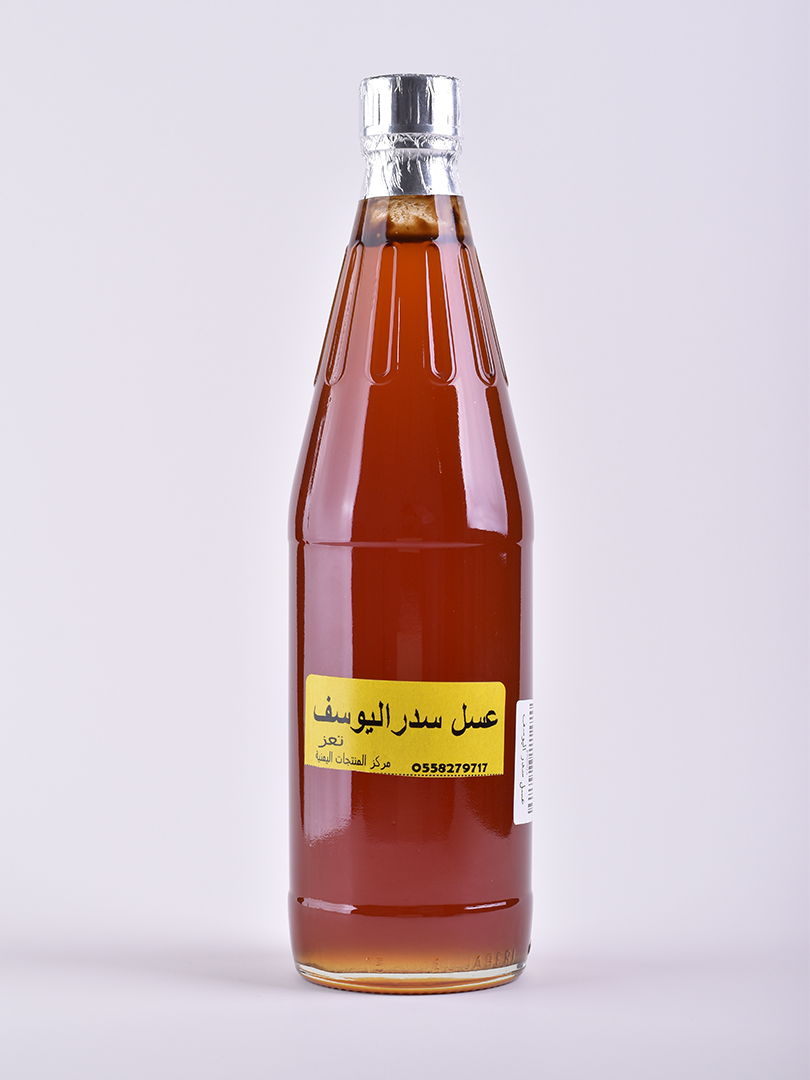

.jpg)
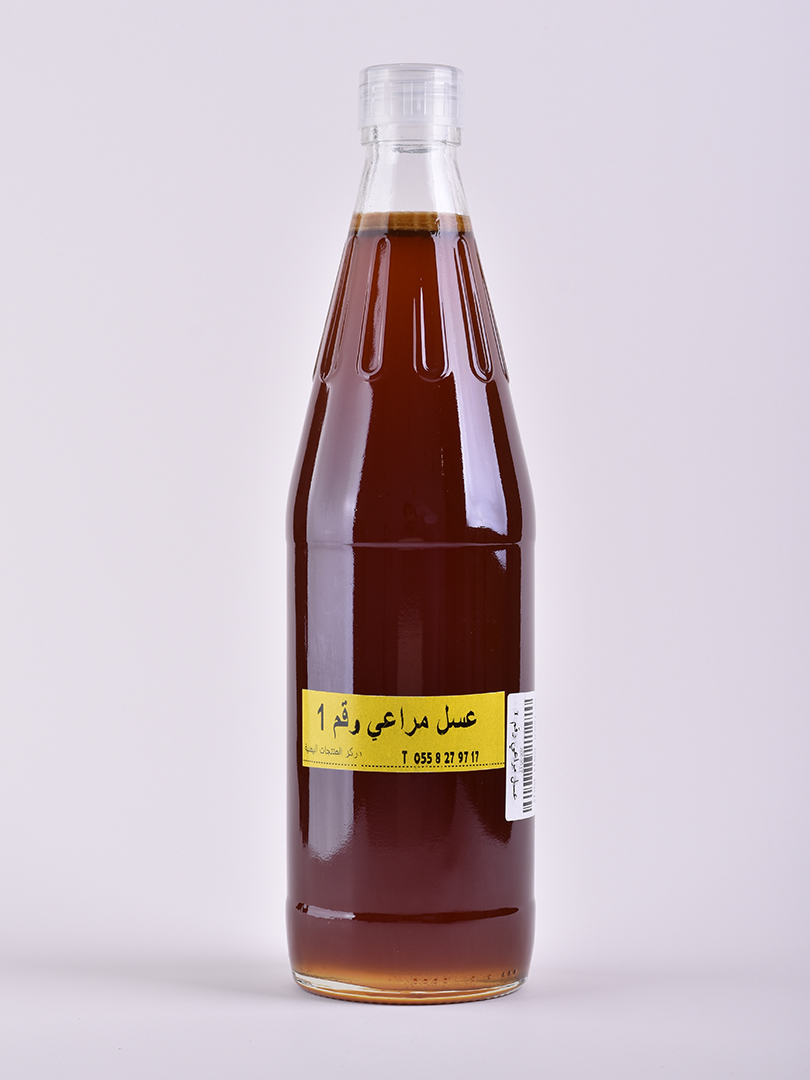
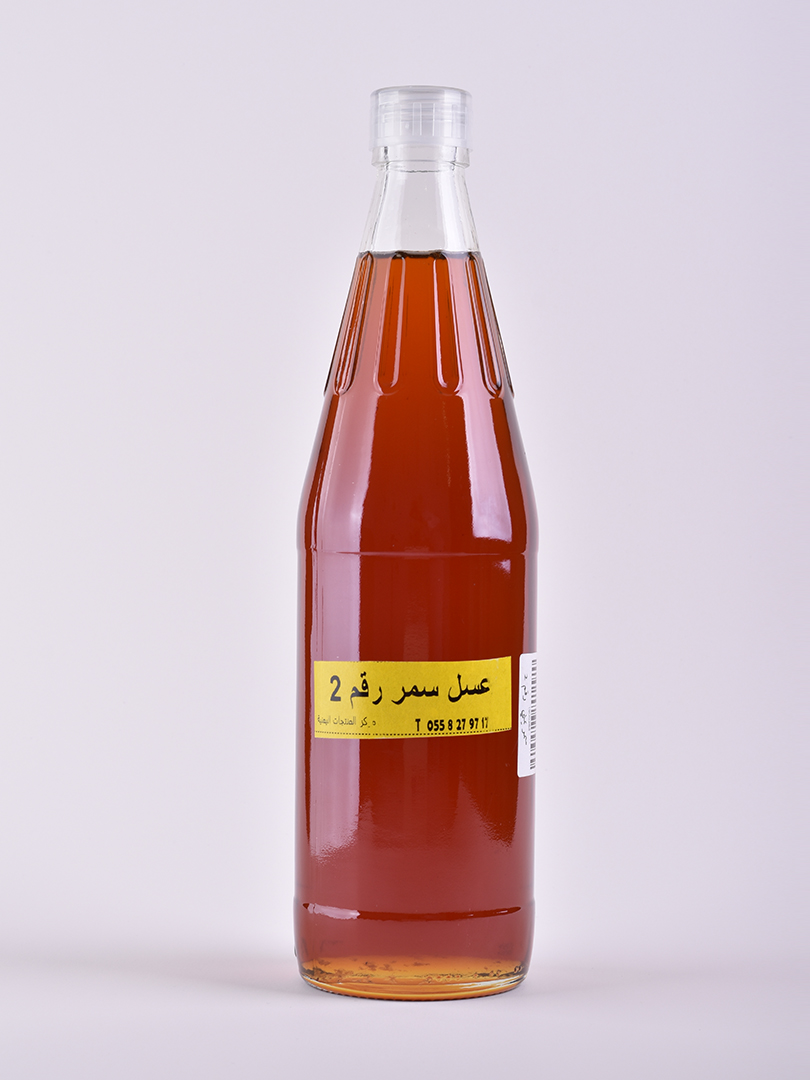
.jpg)
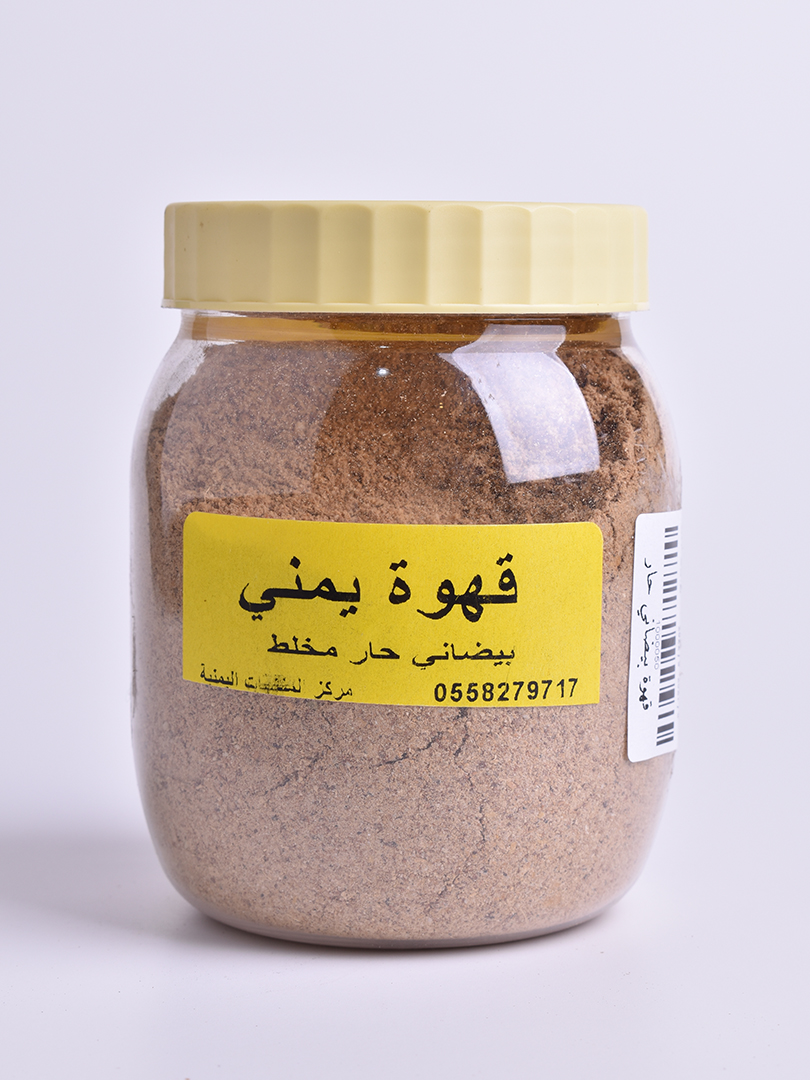
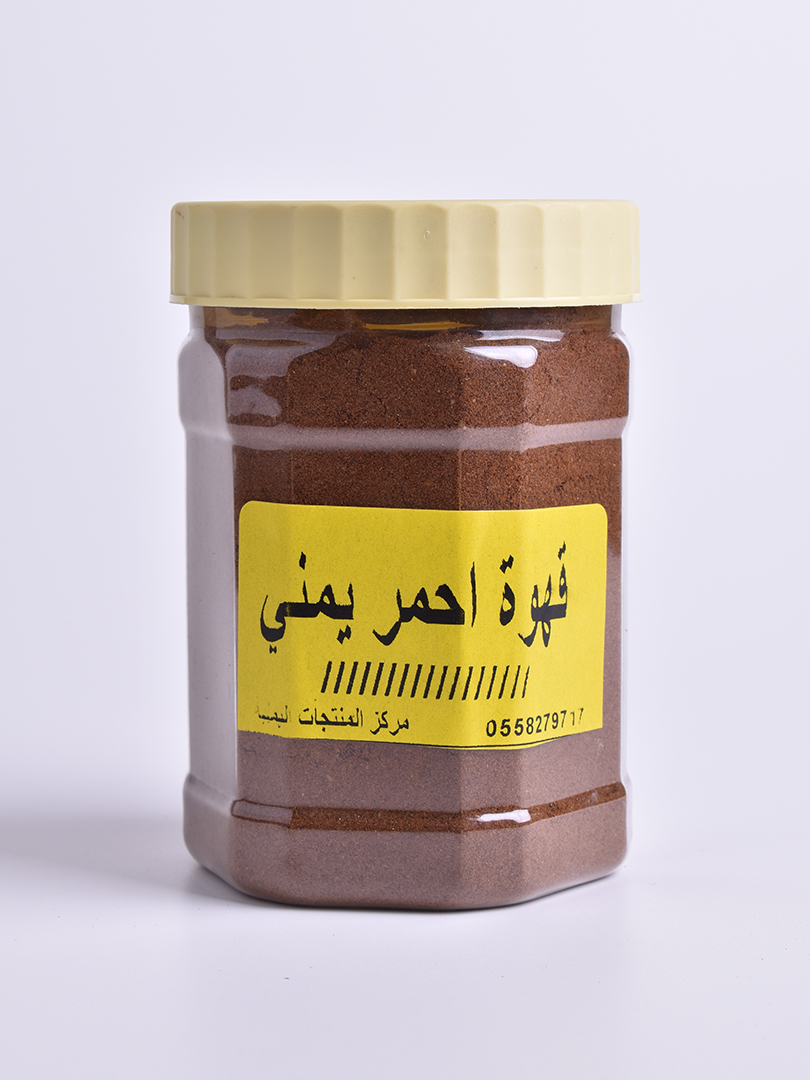
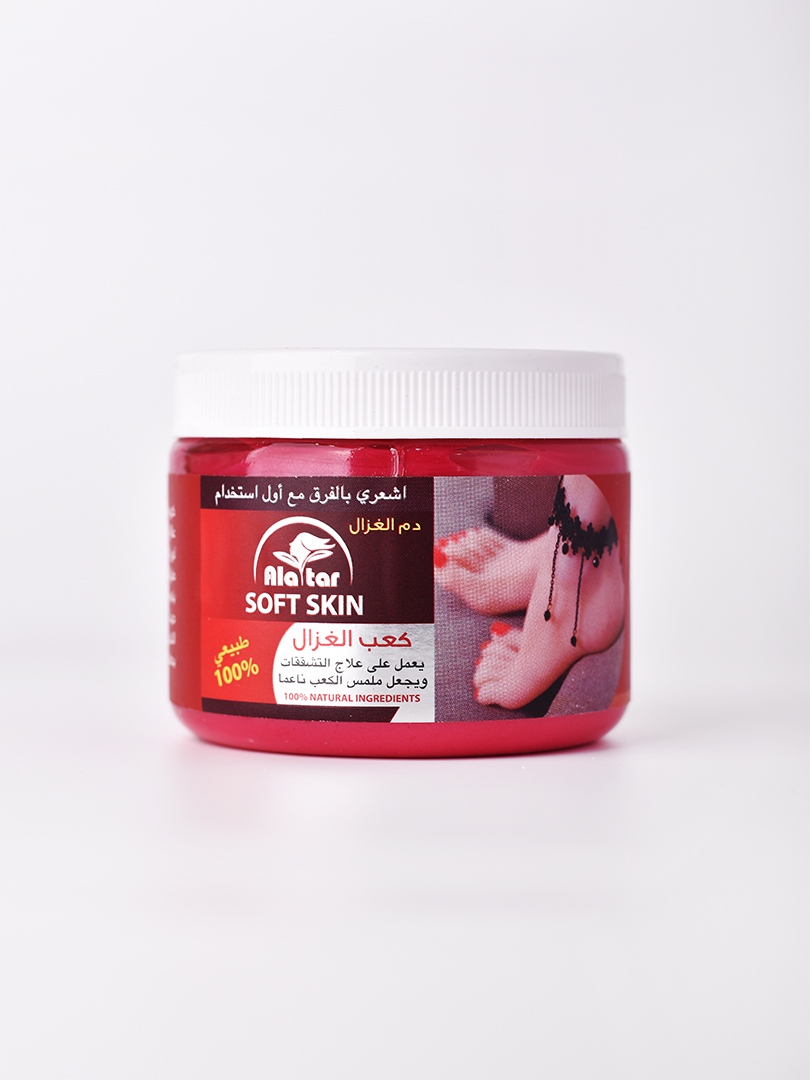
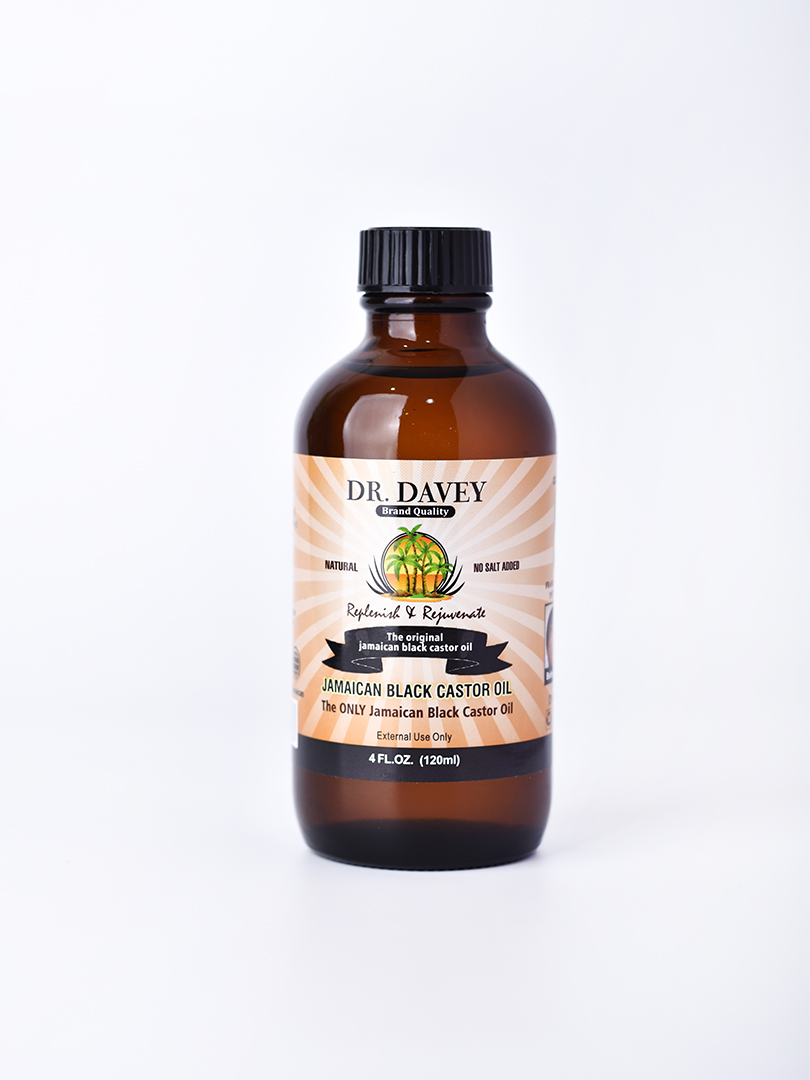
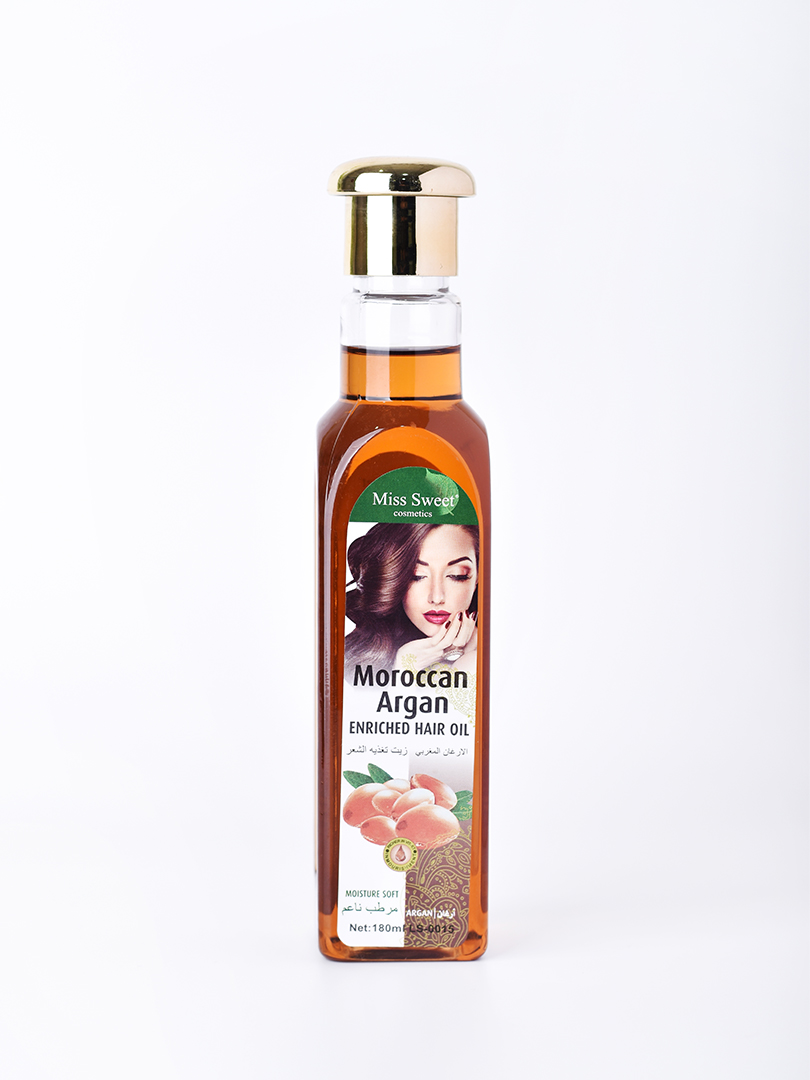
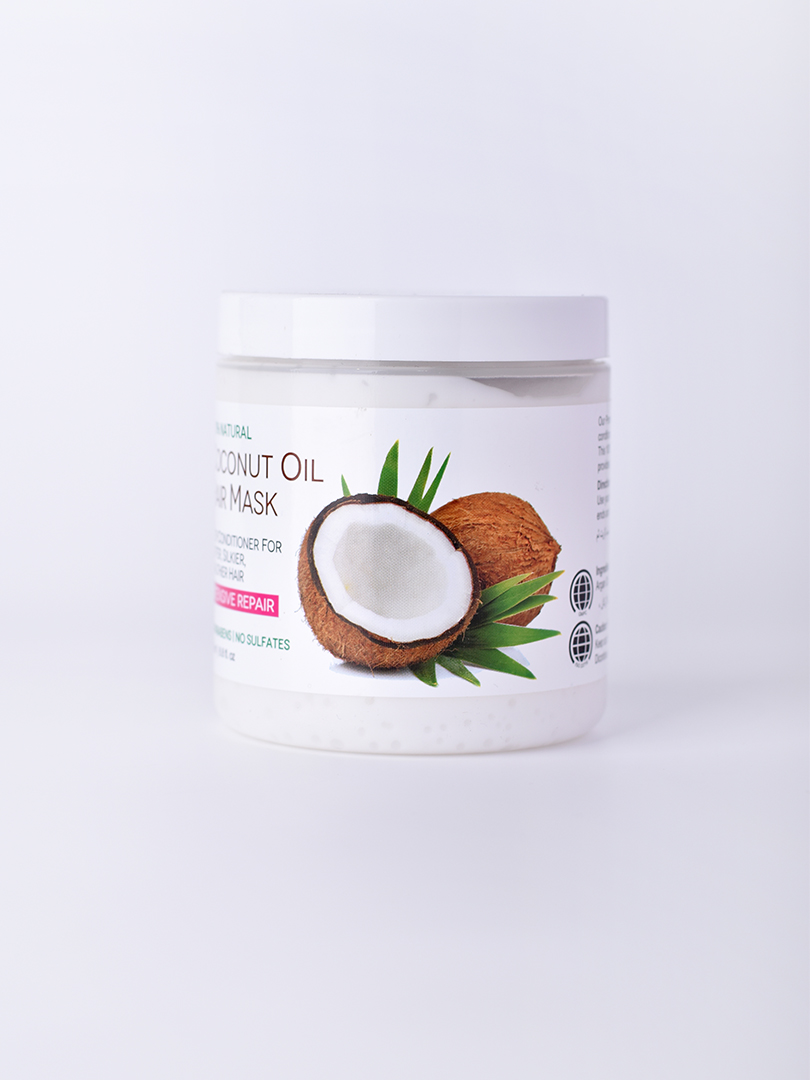

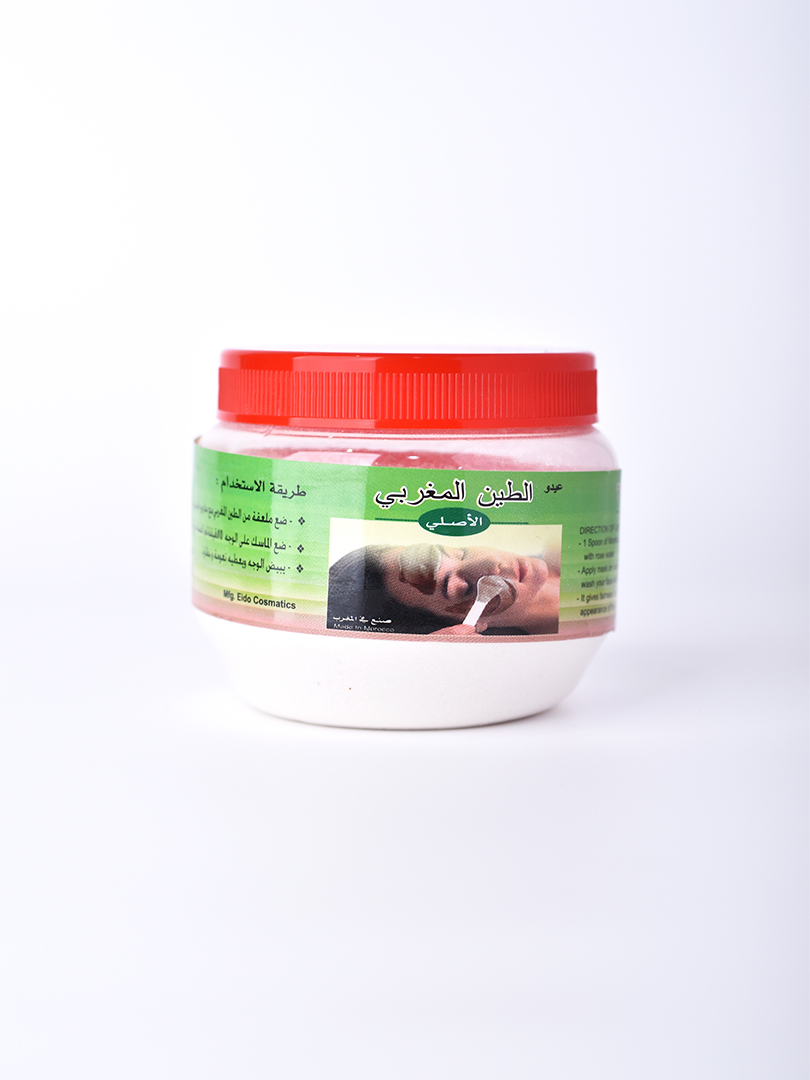
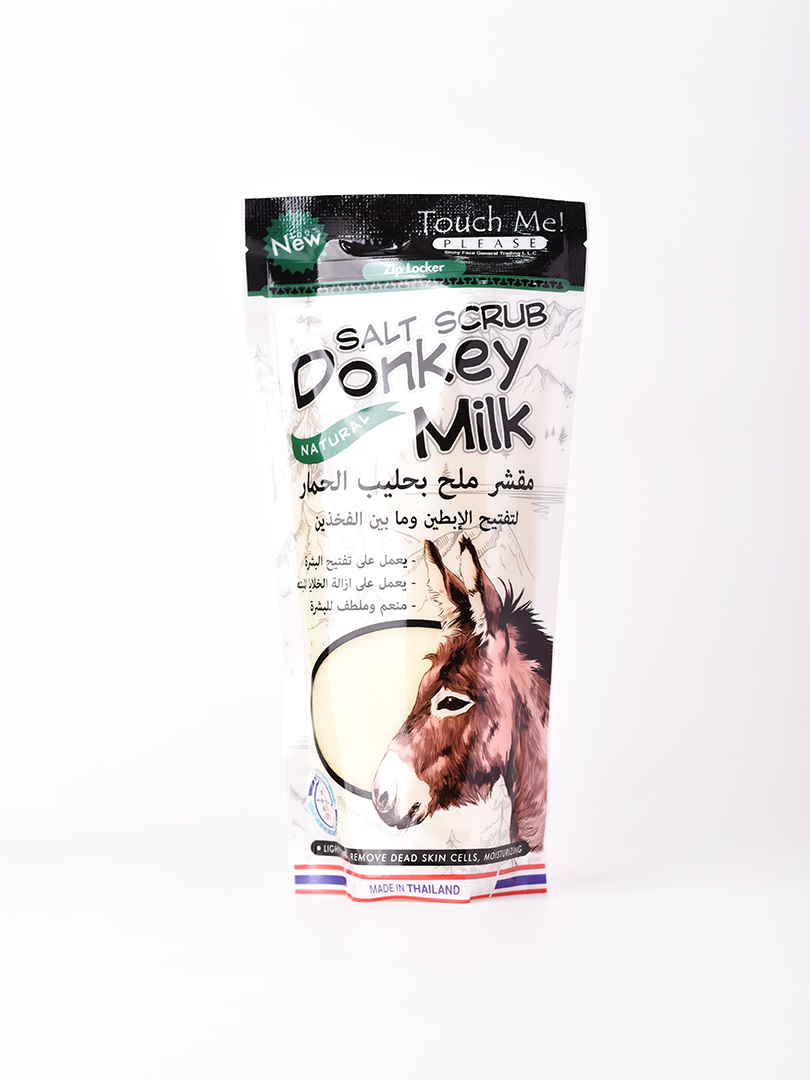
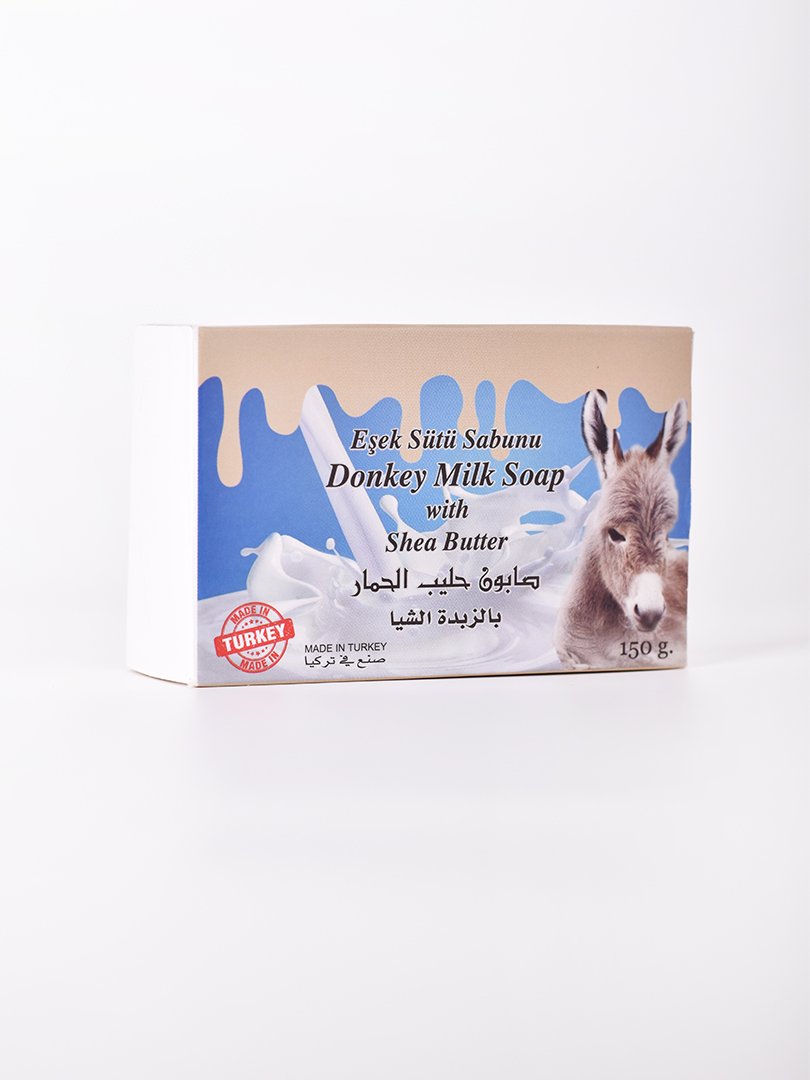
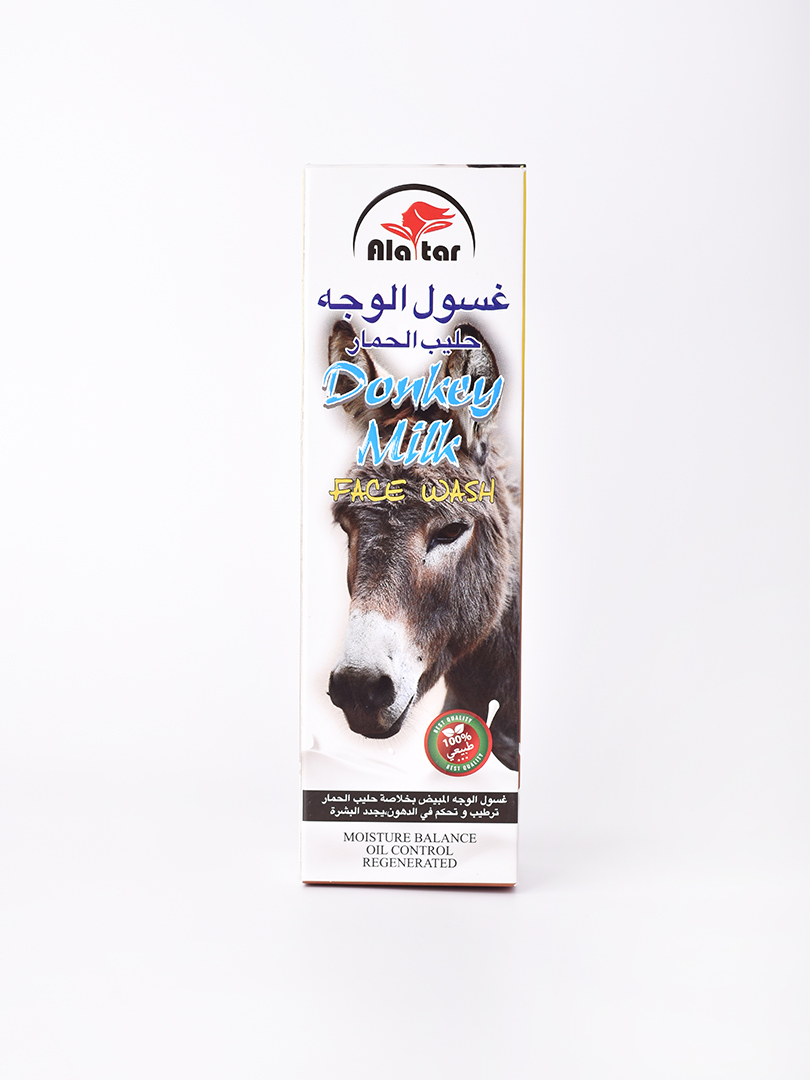
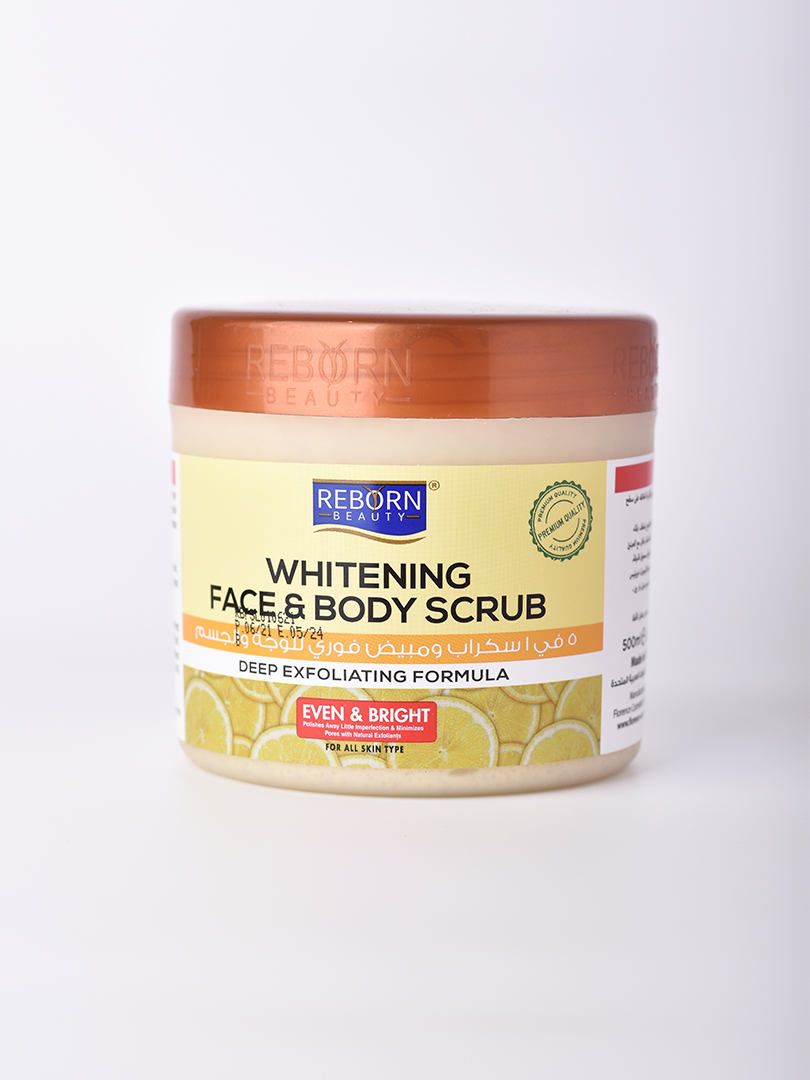
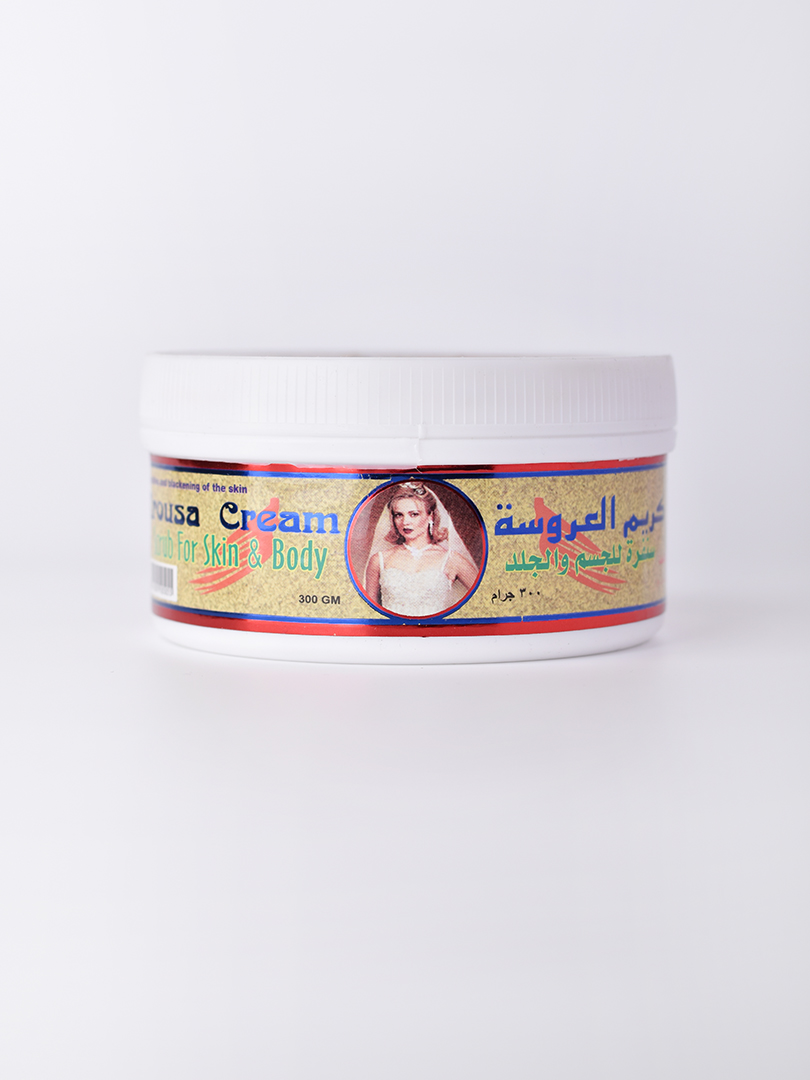
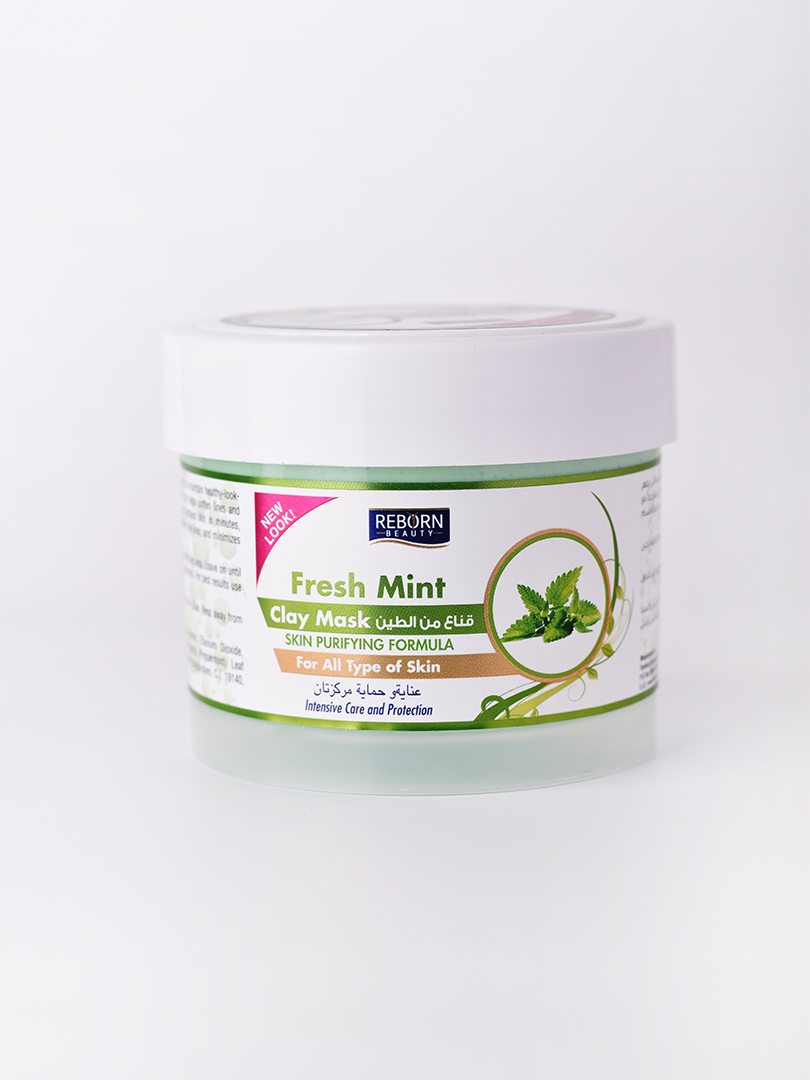
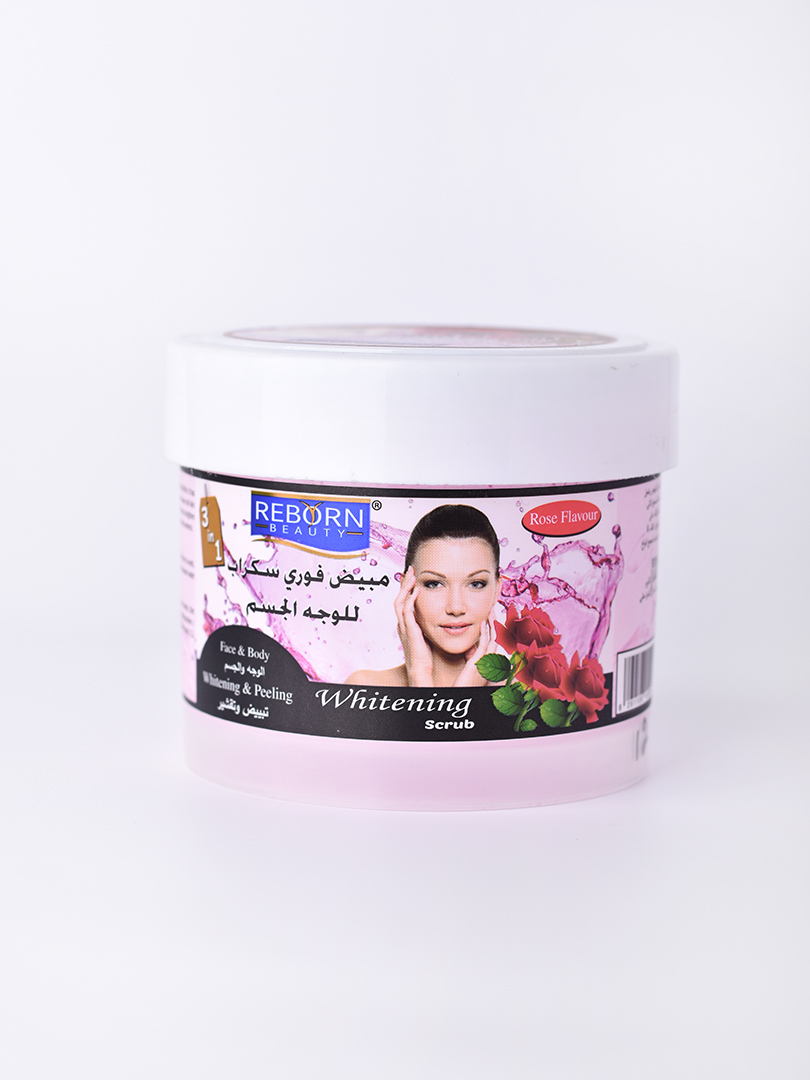
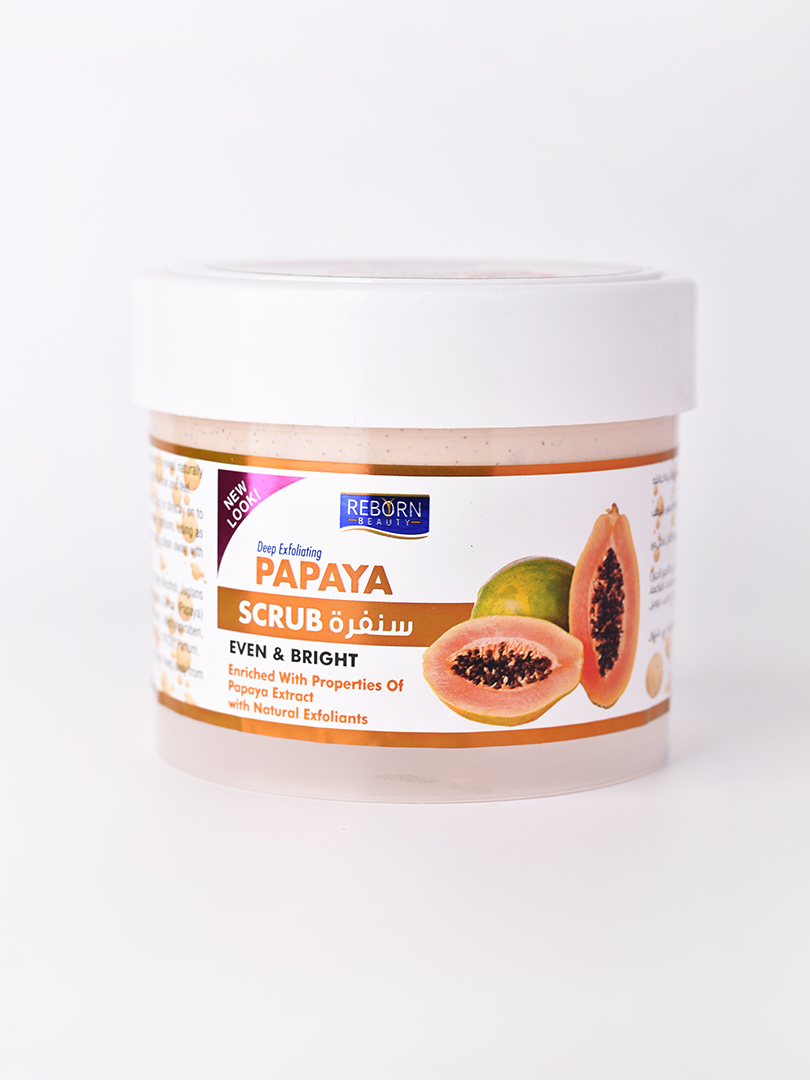
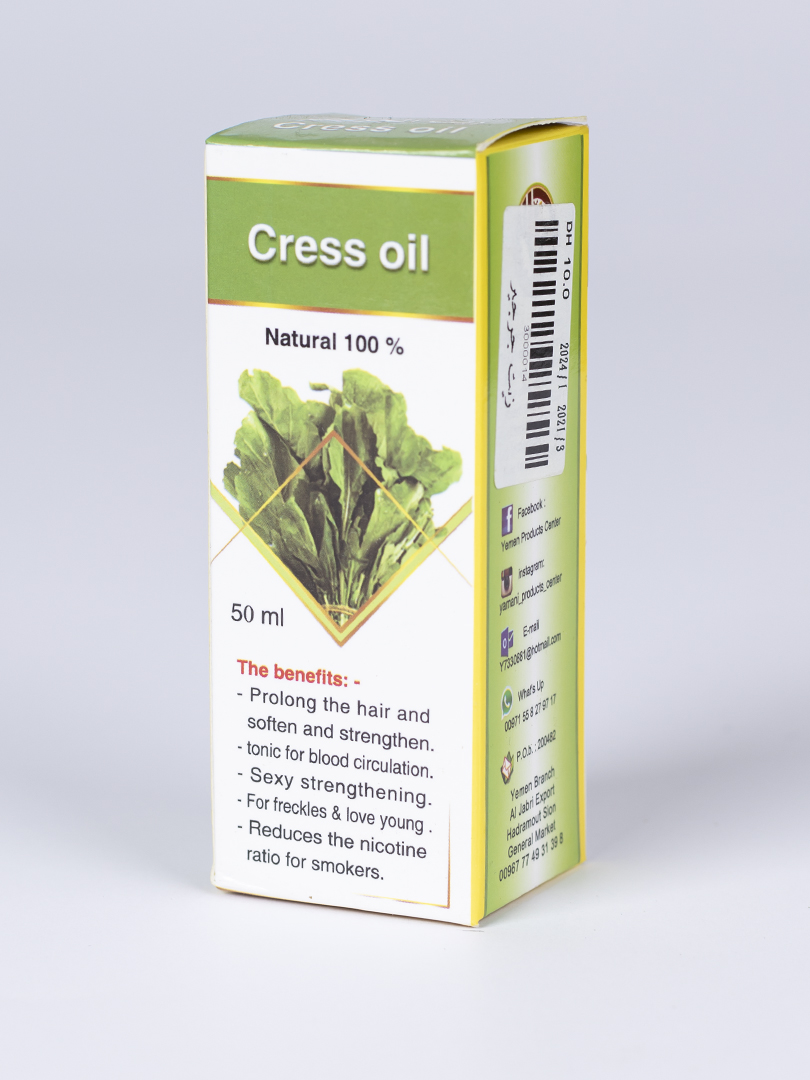
.jpg)

